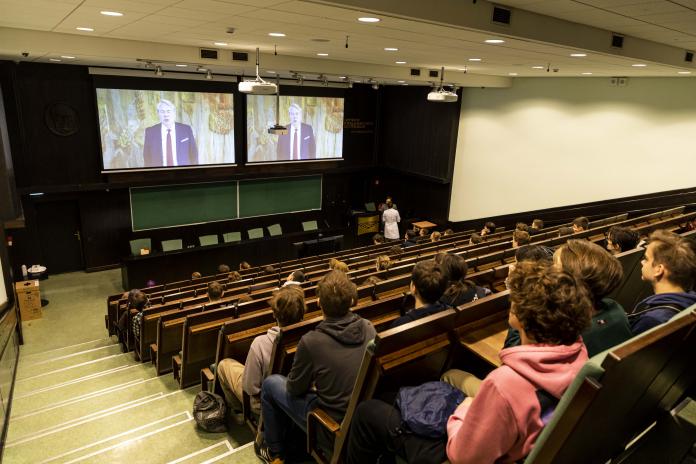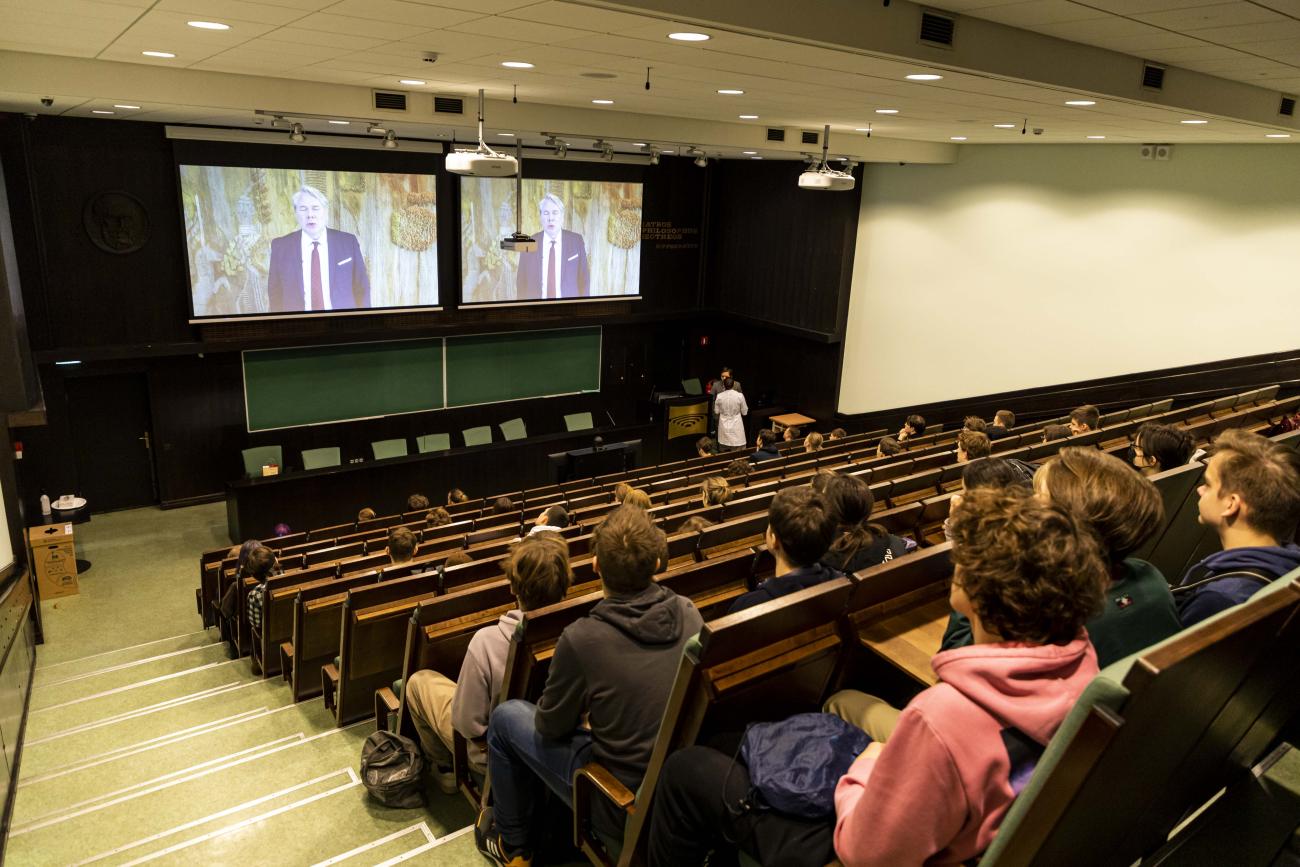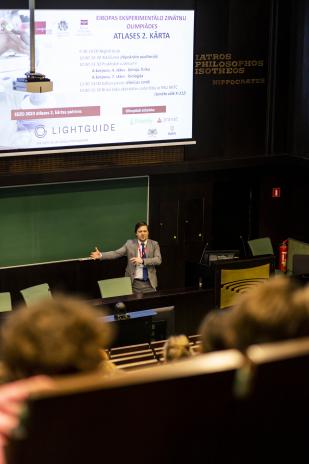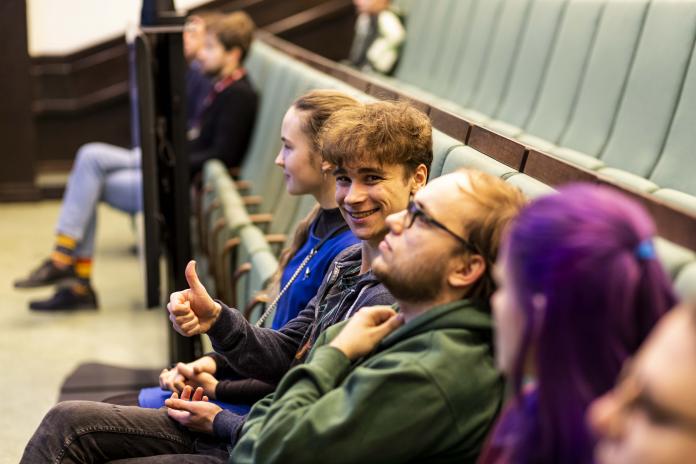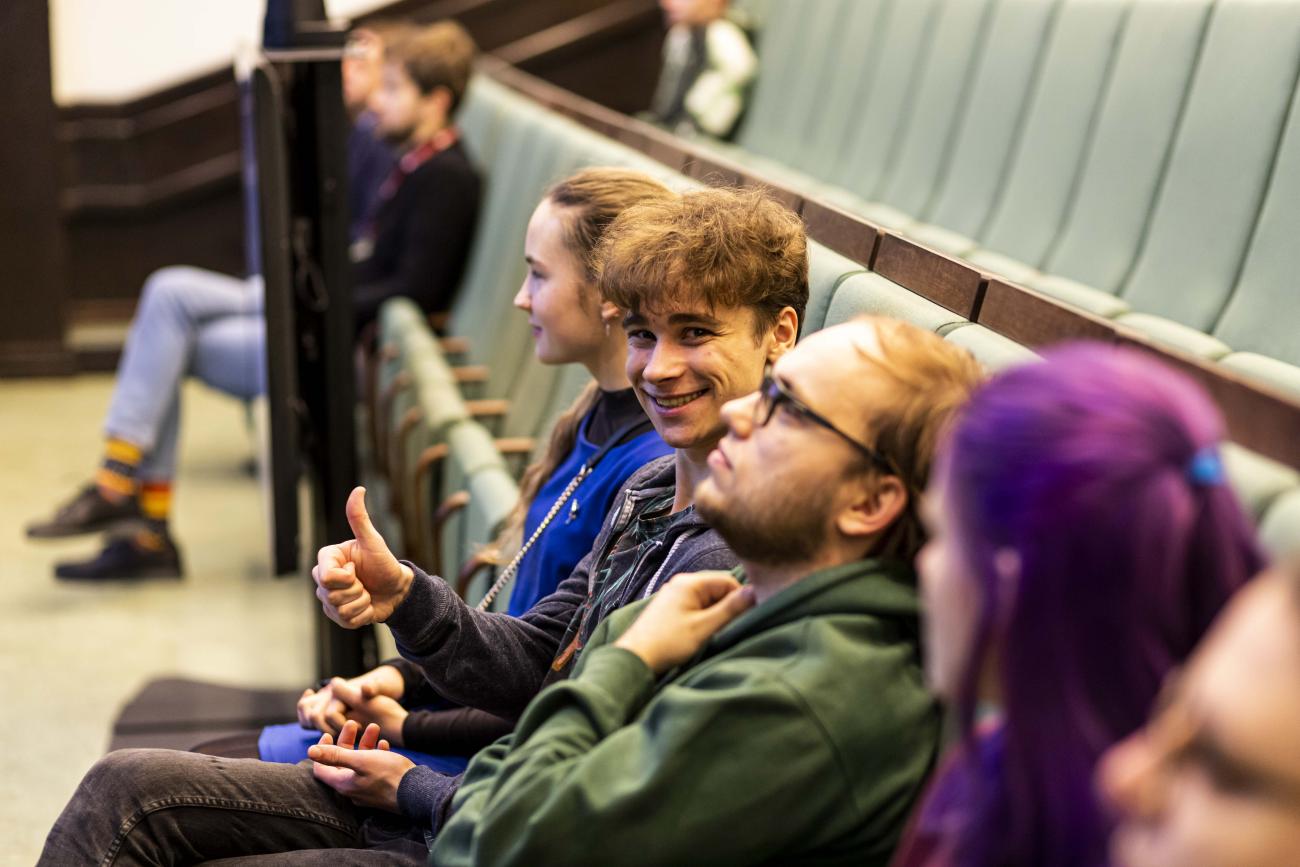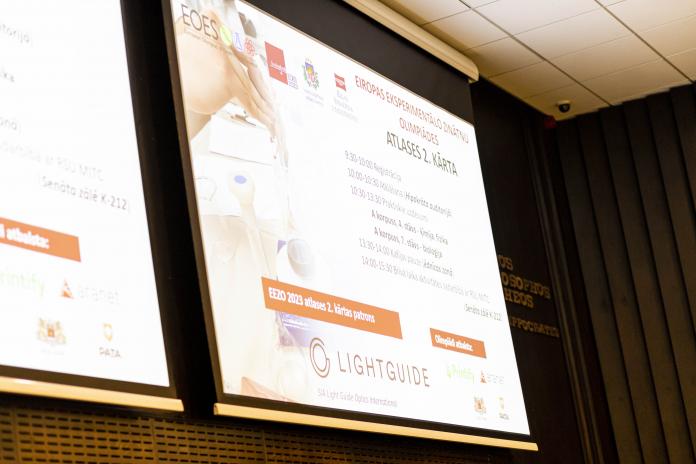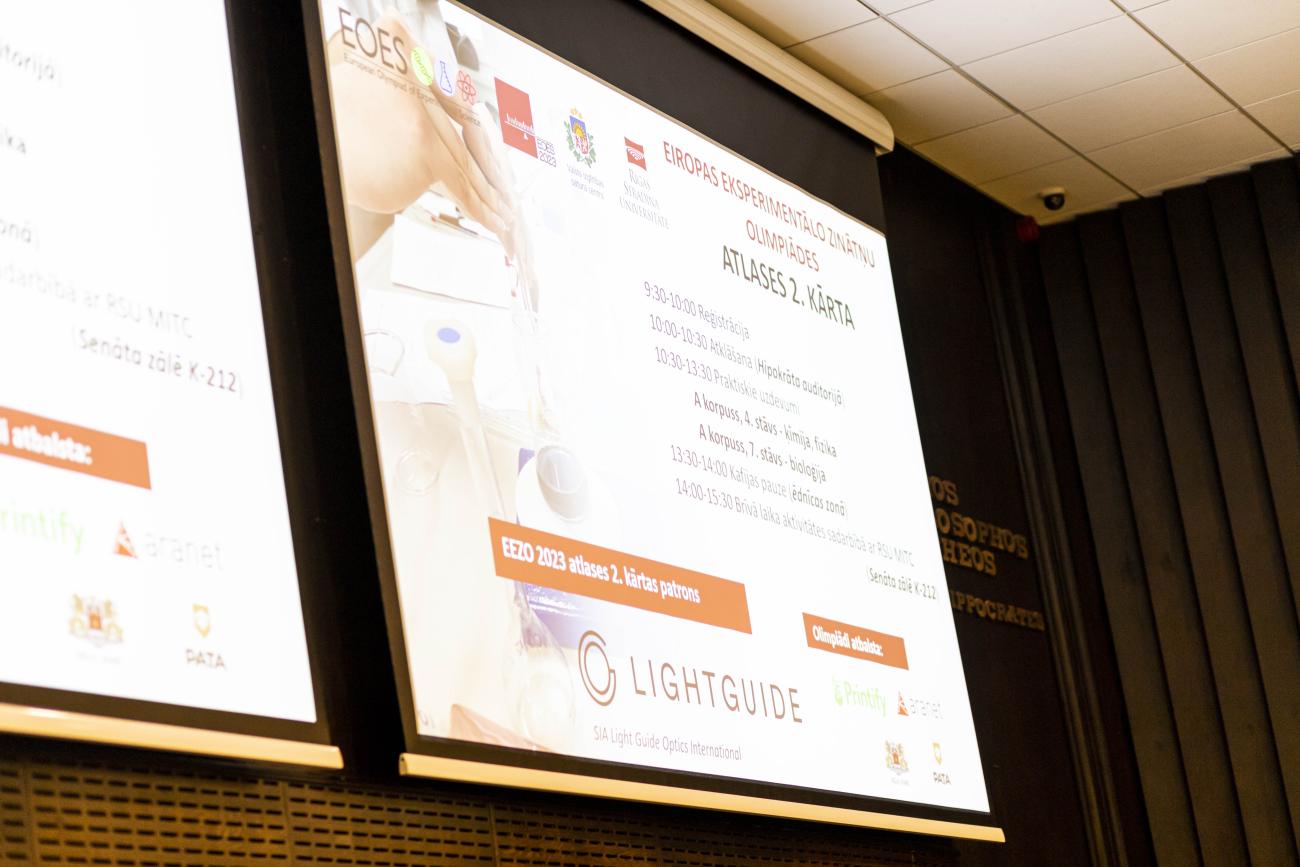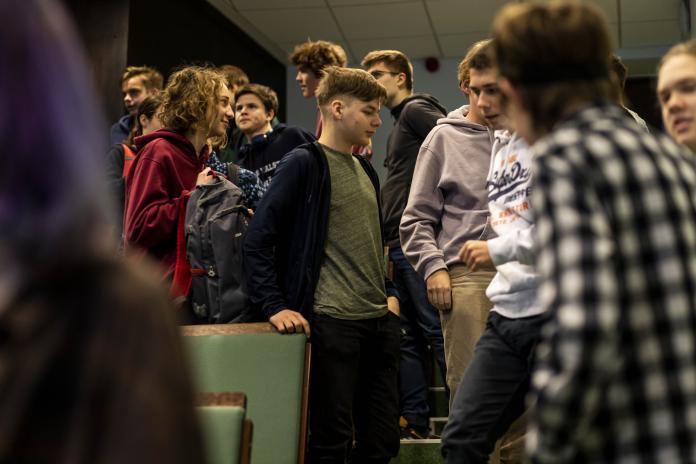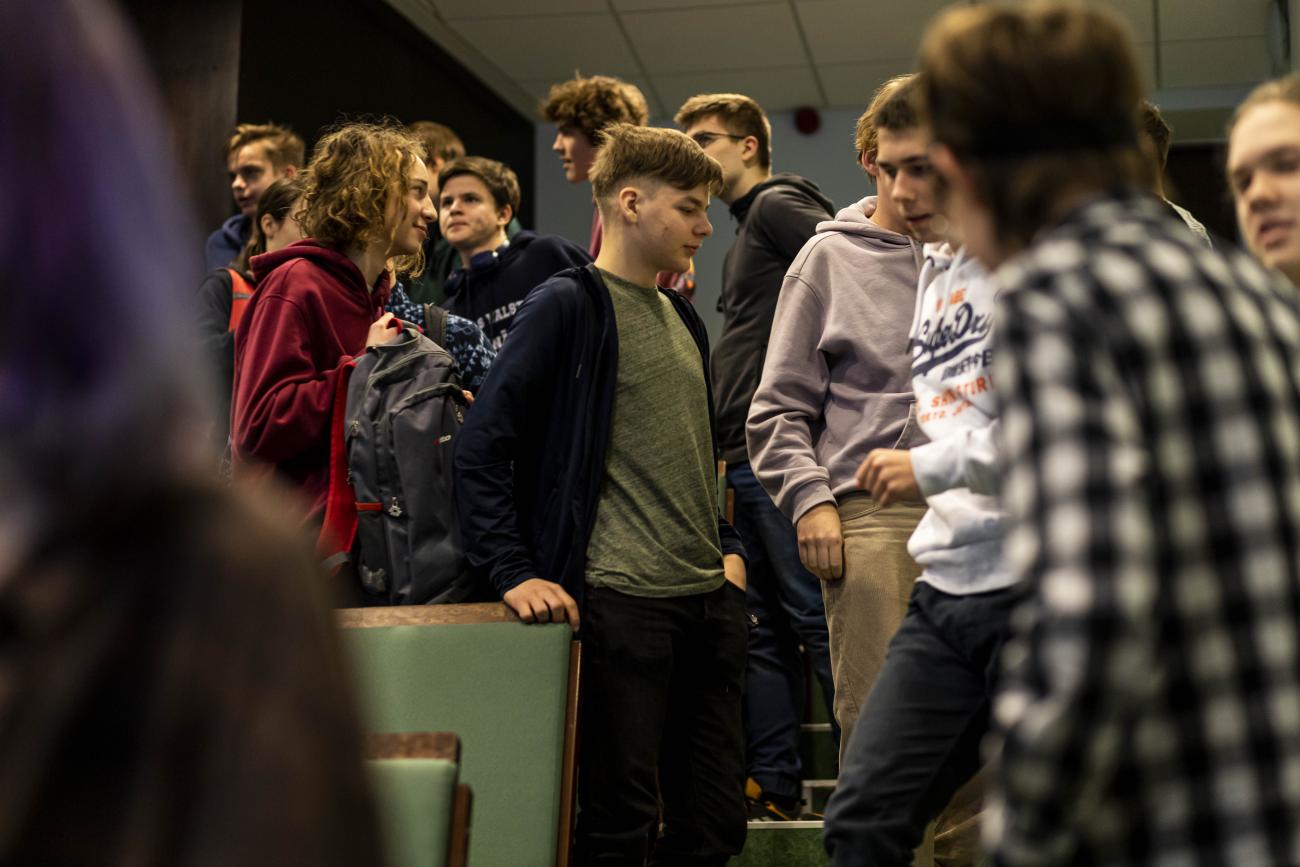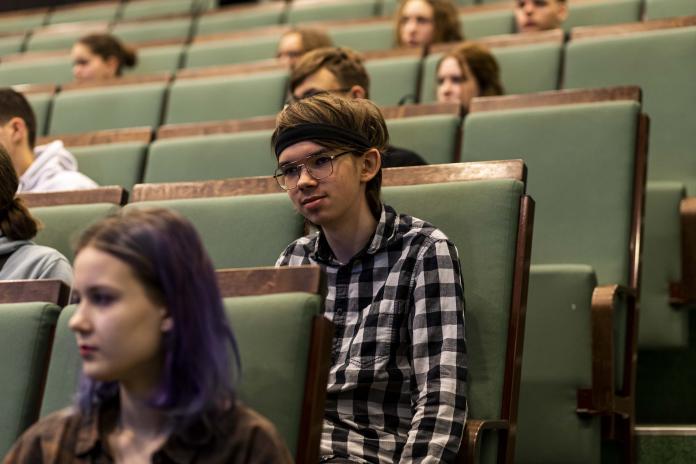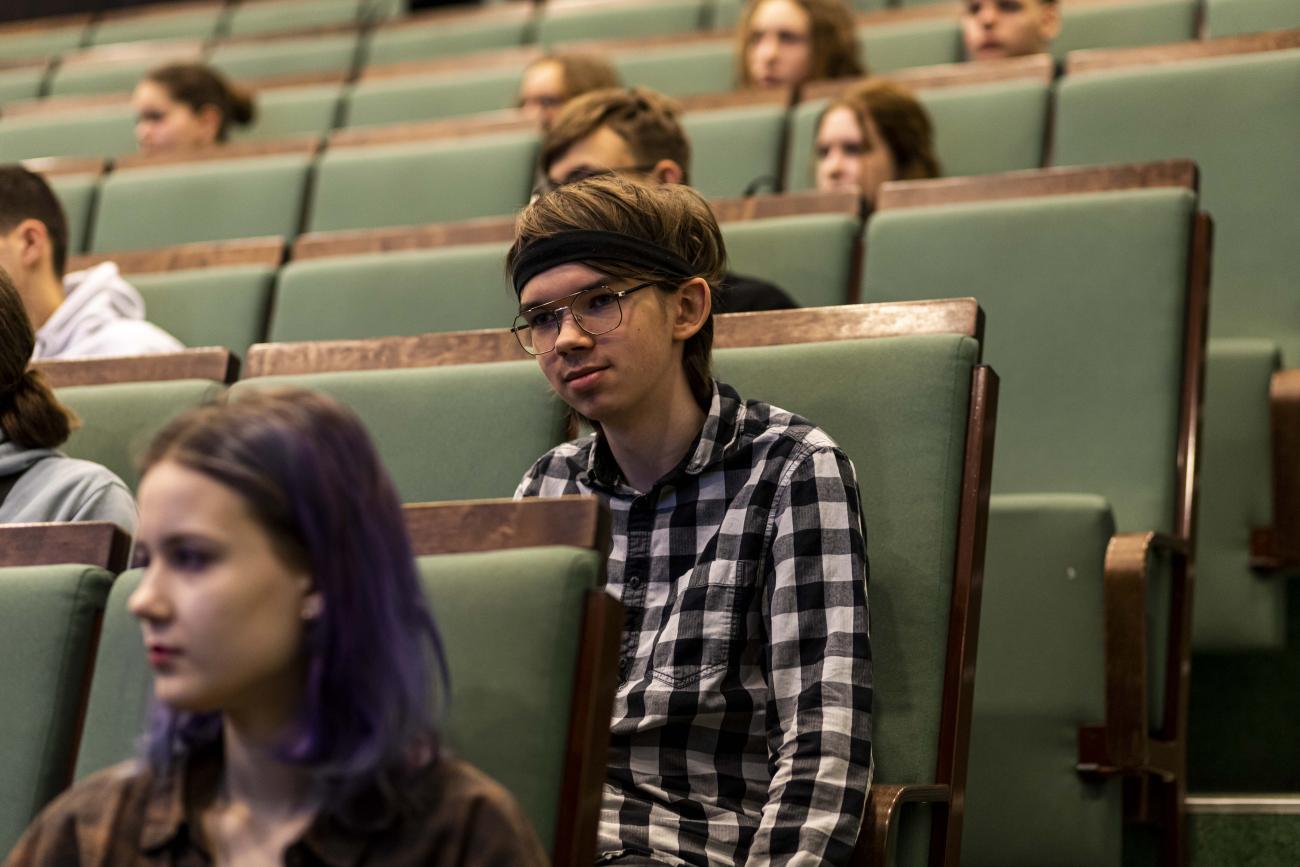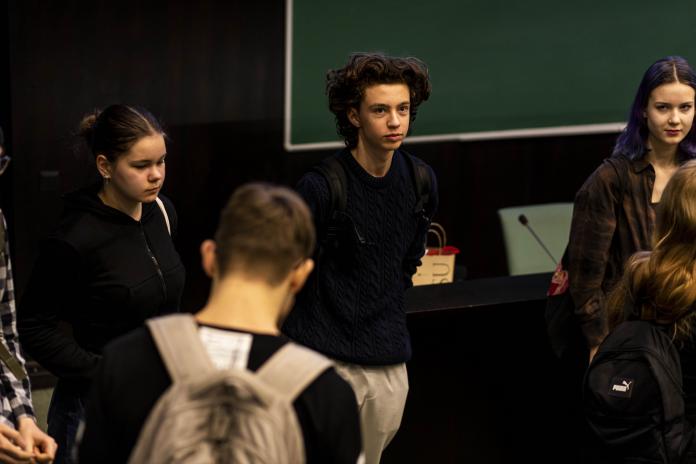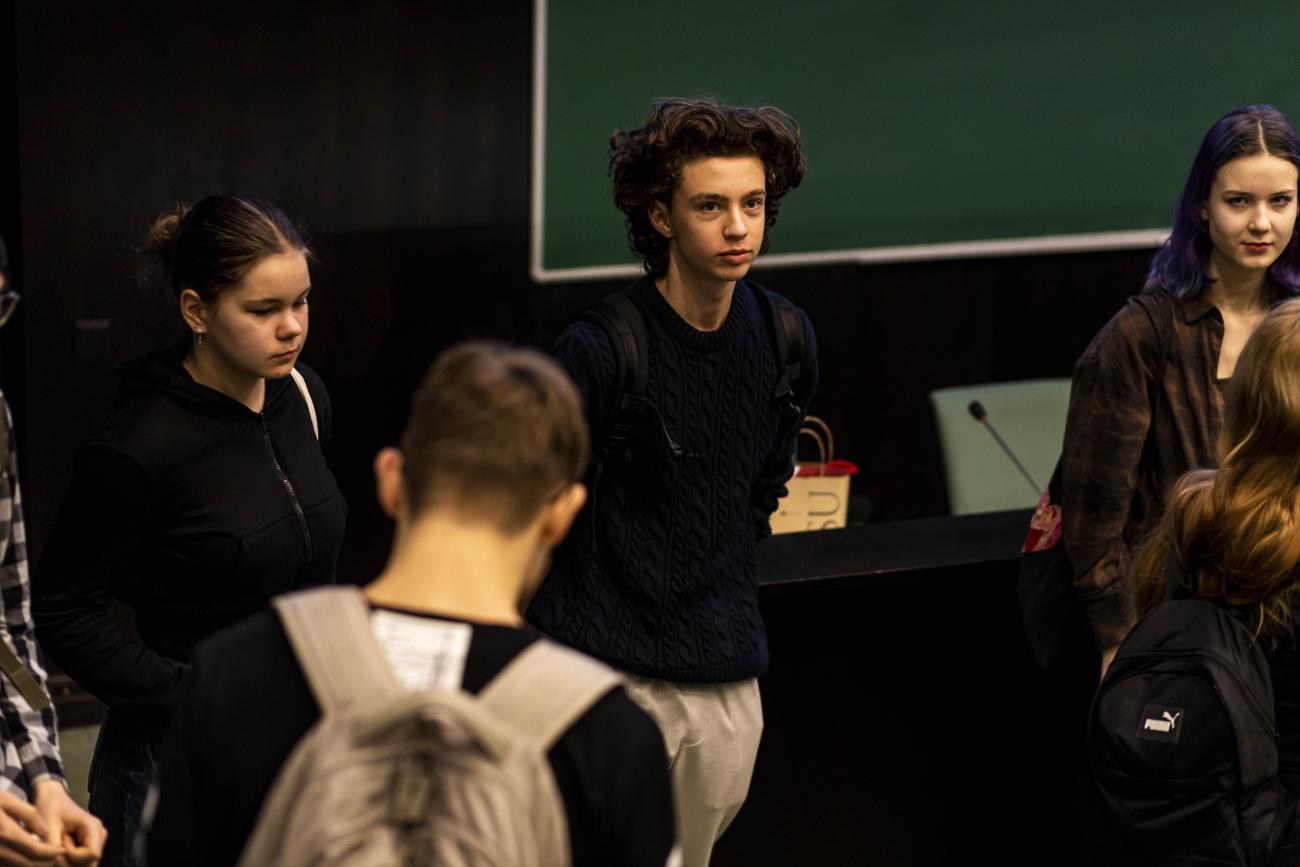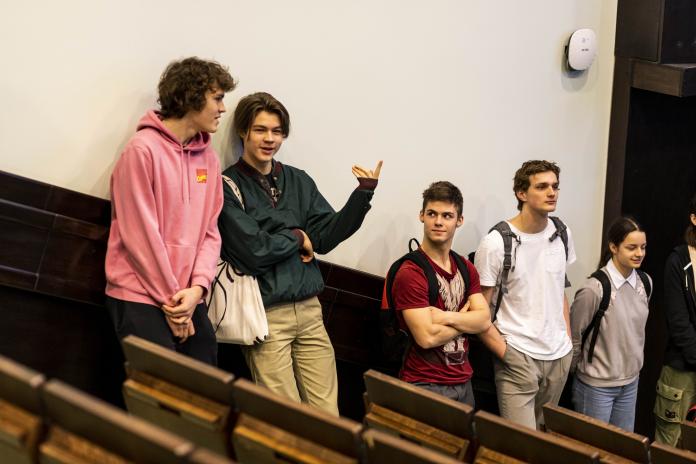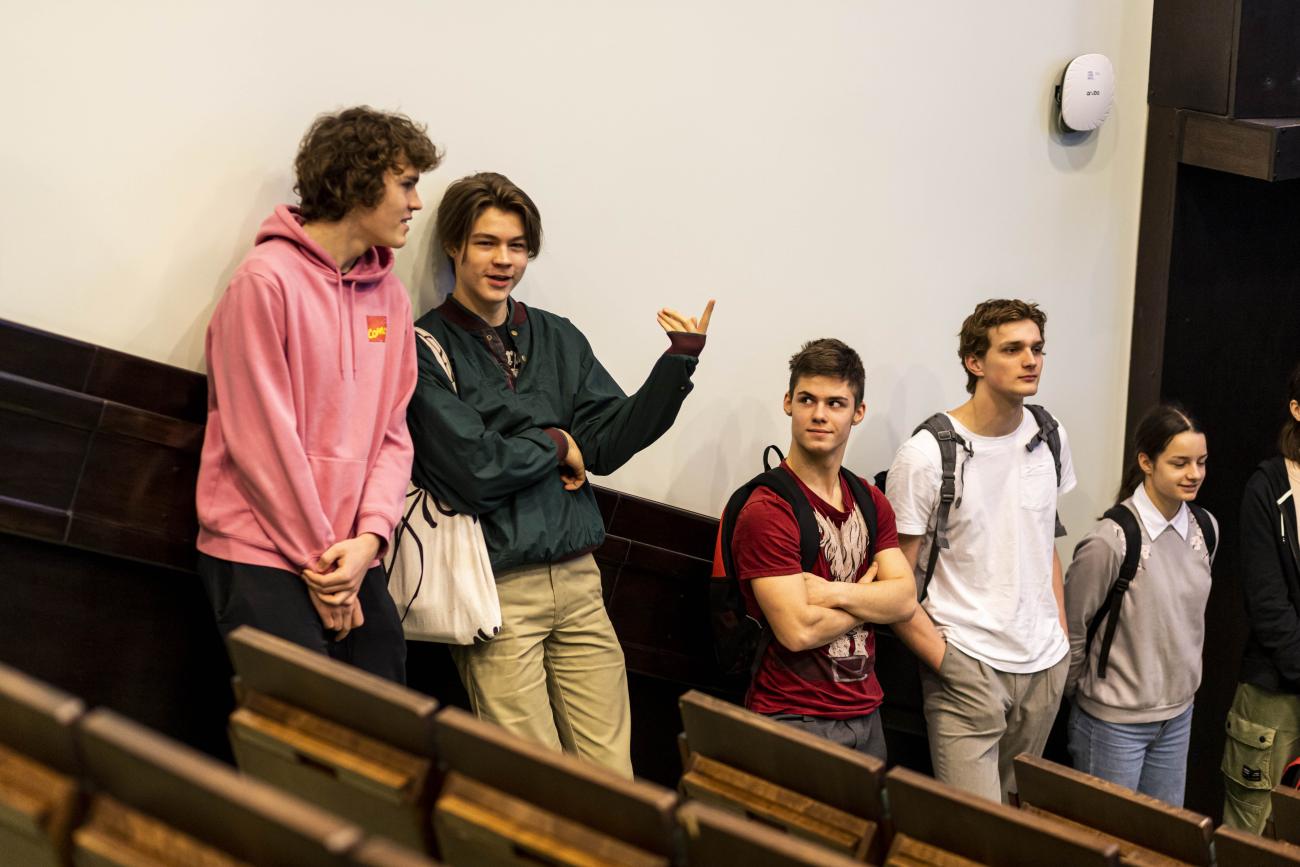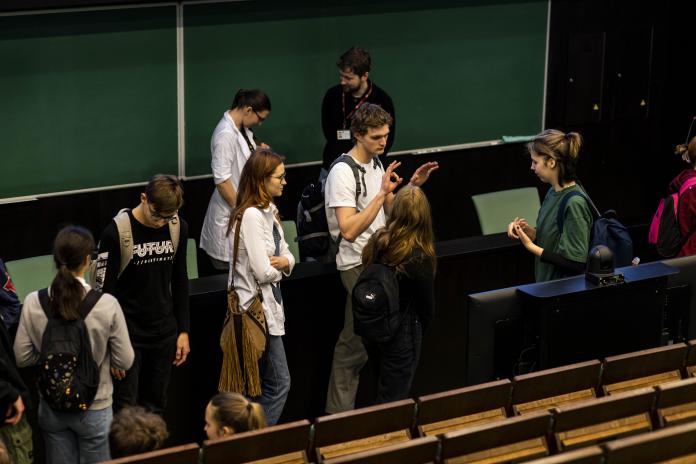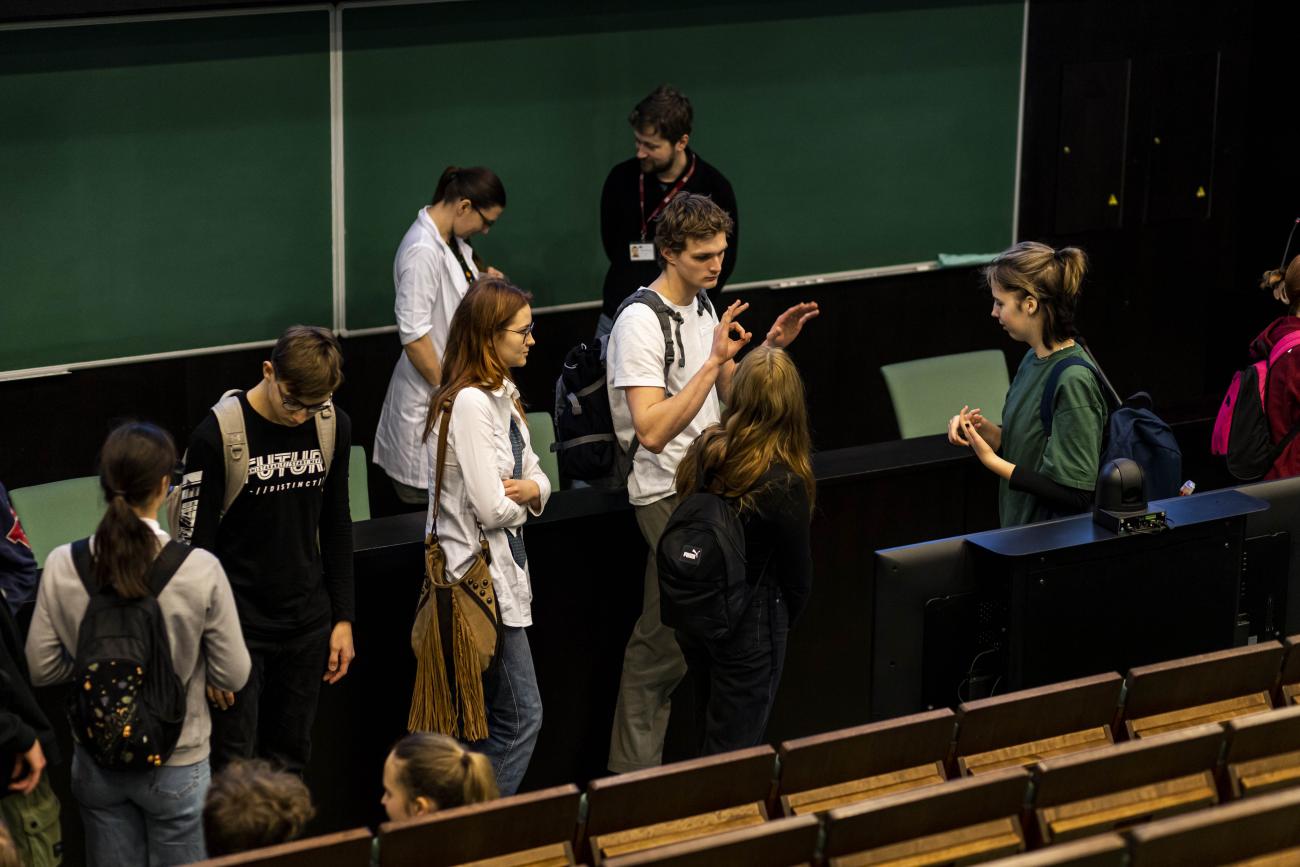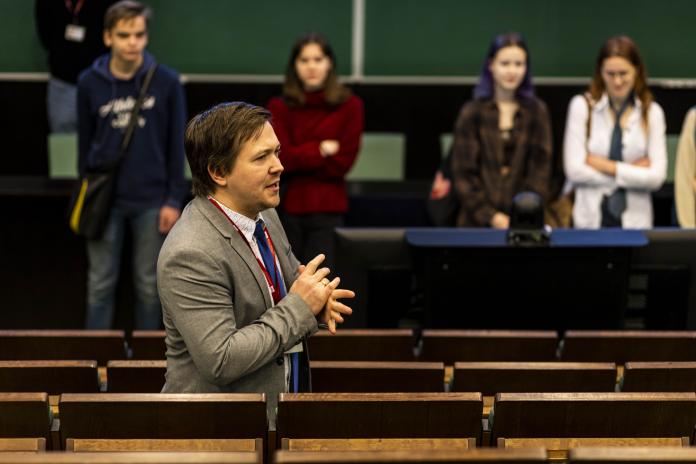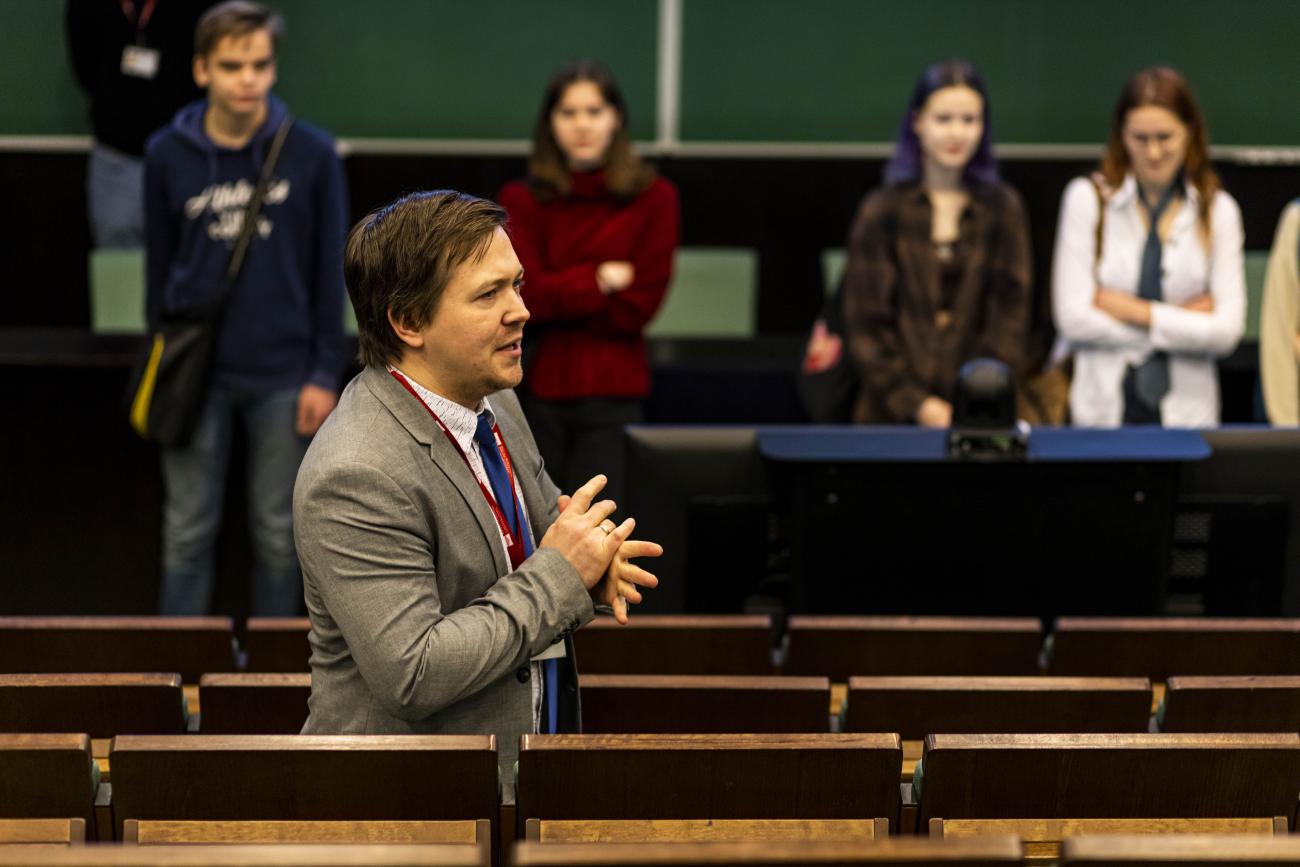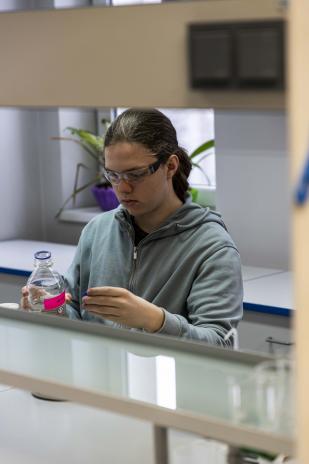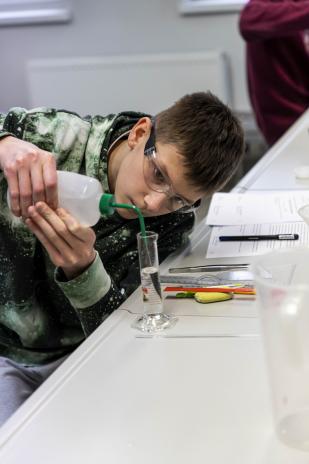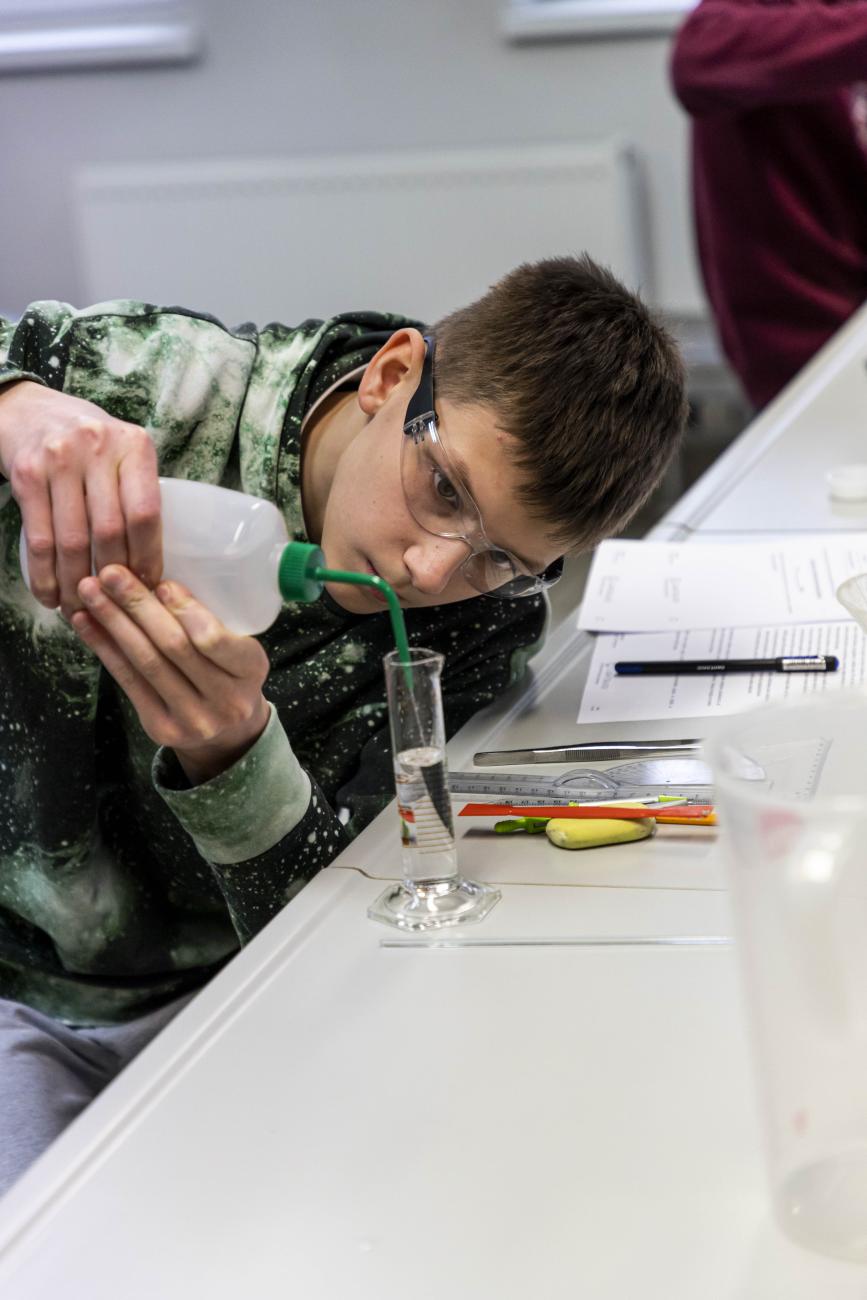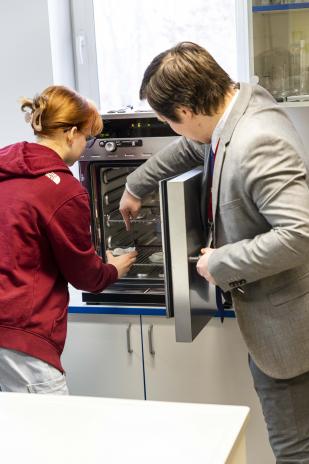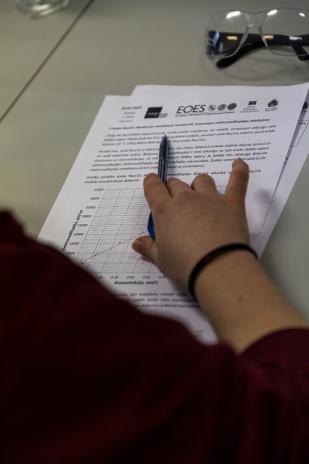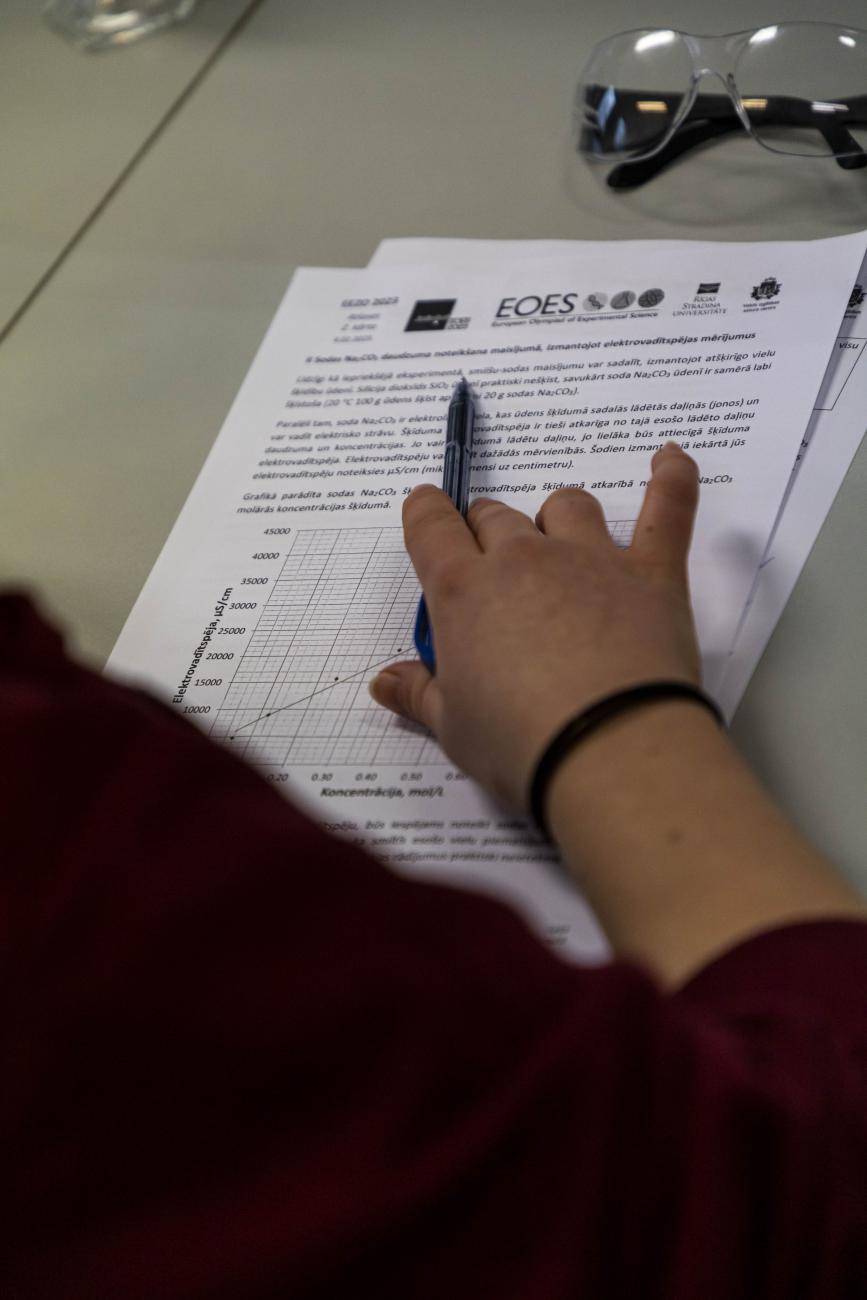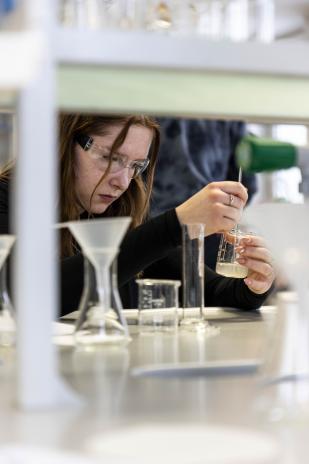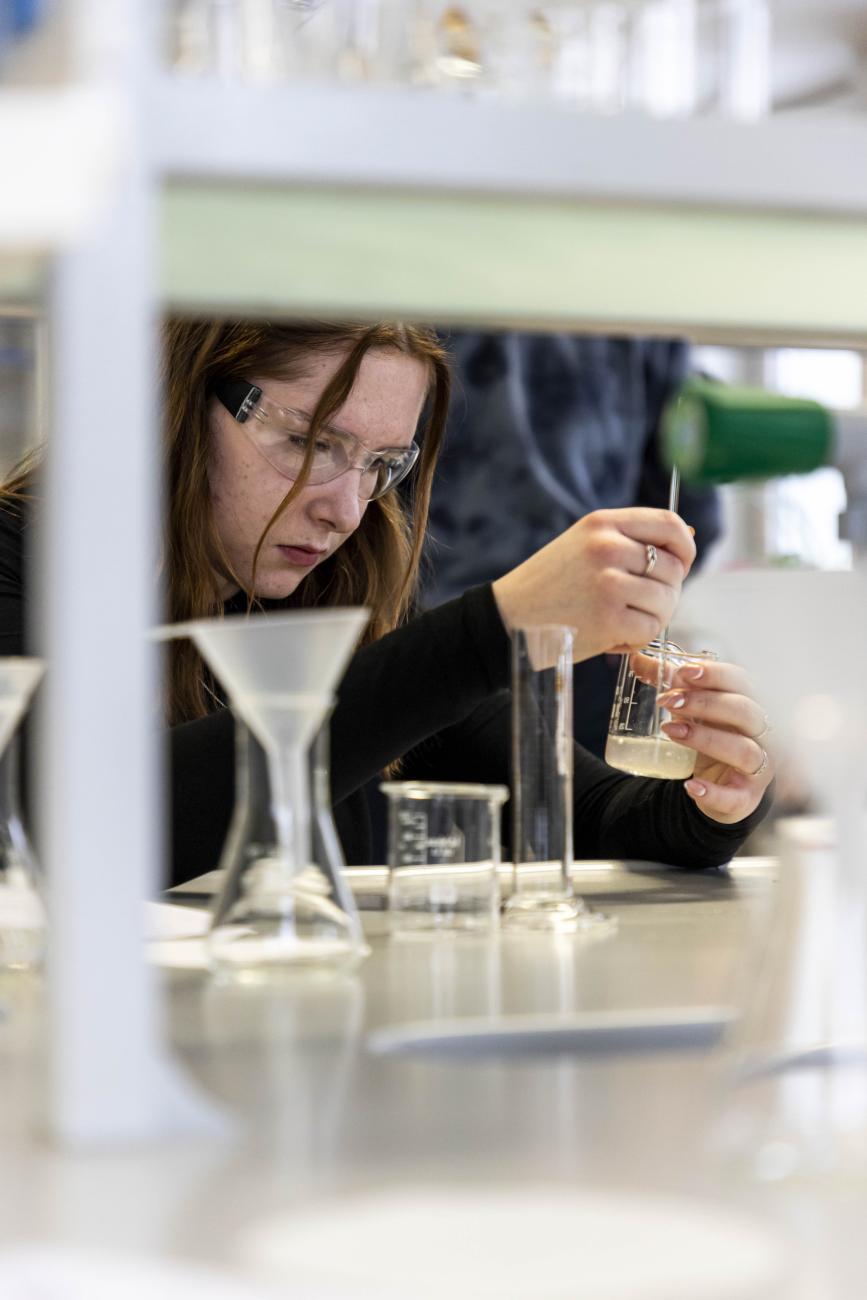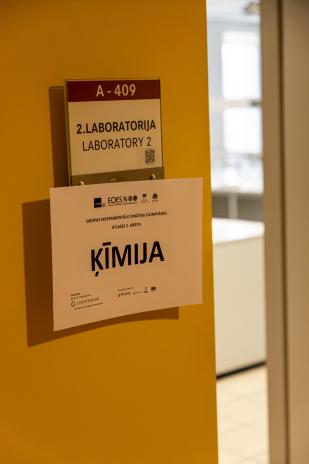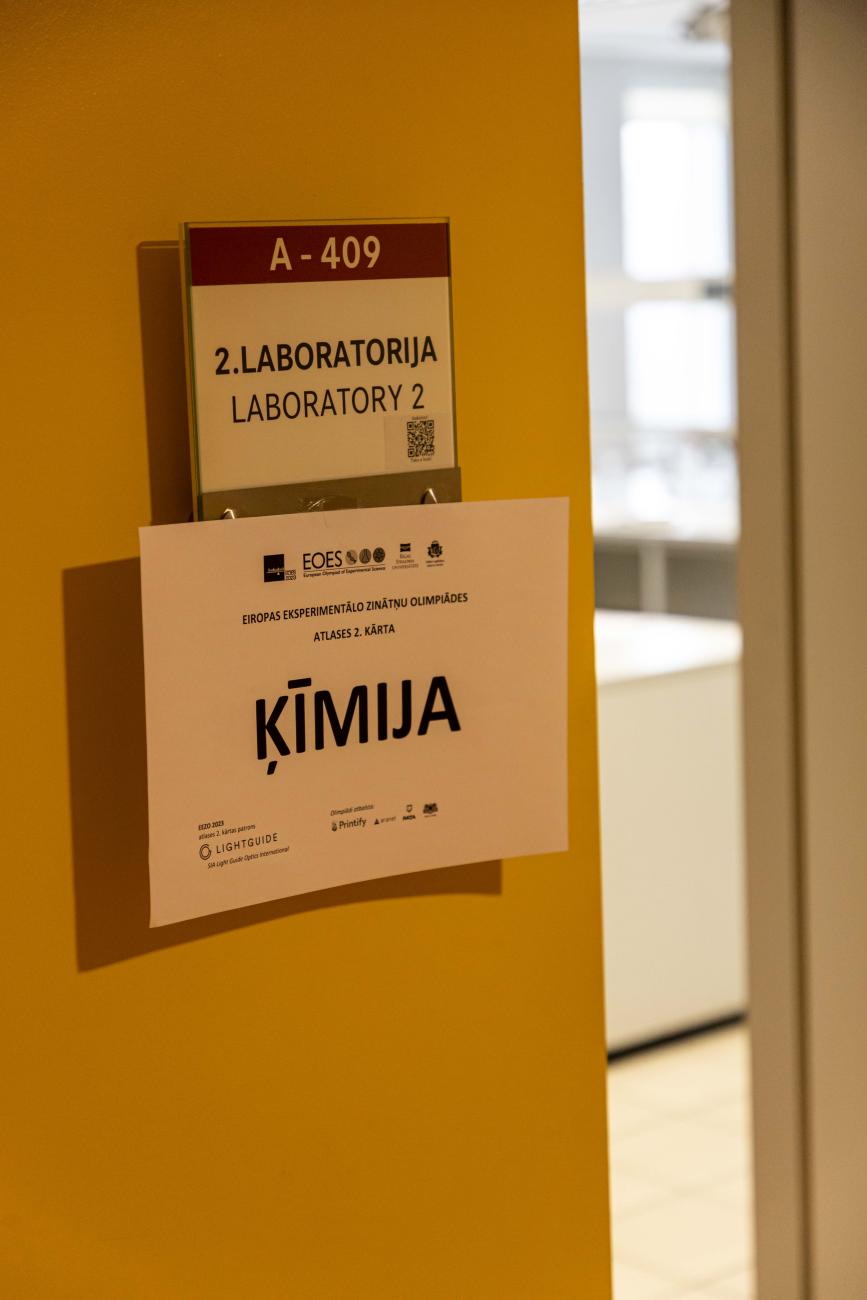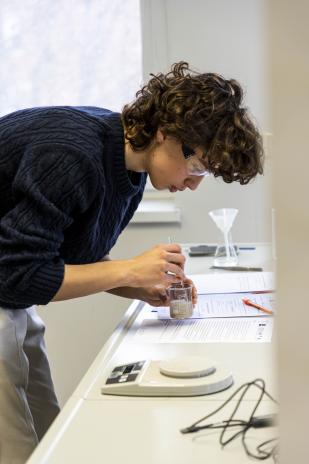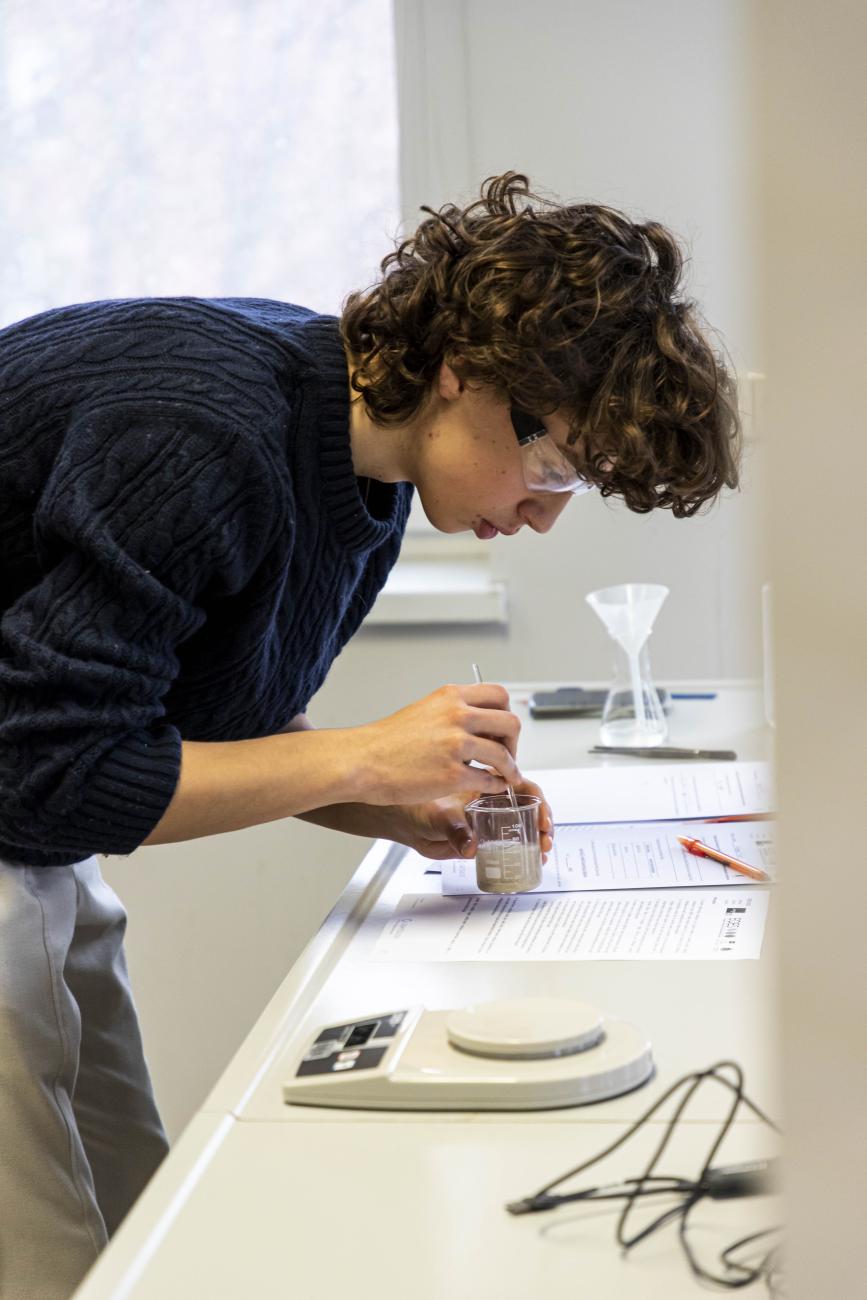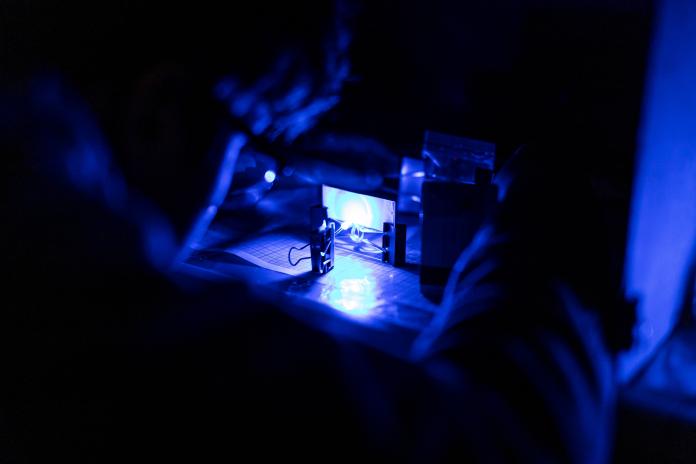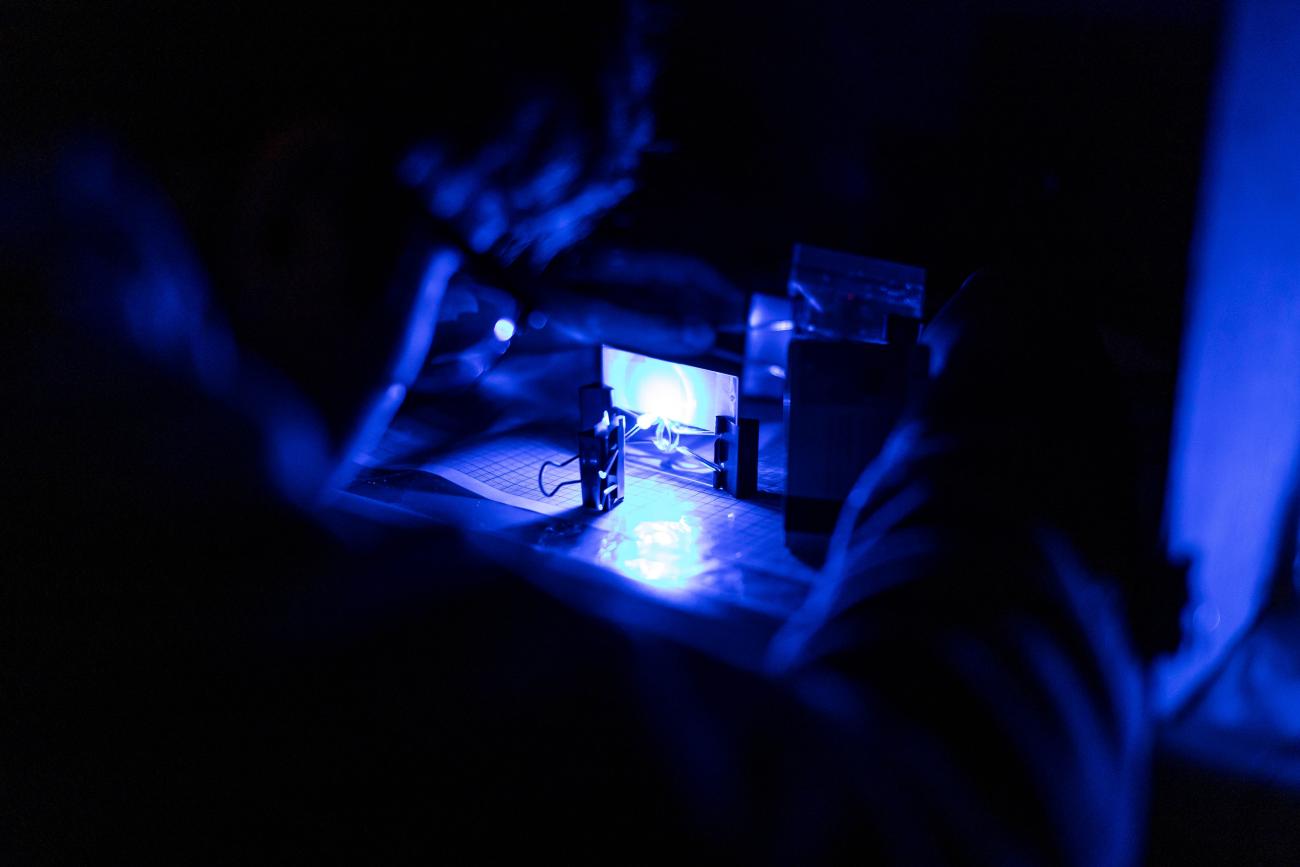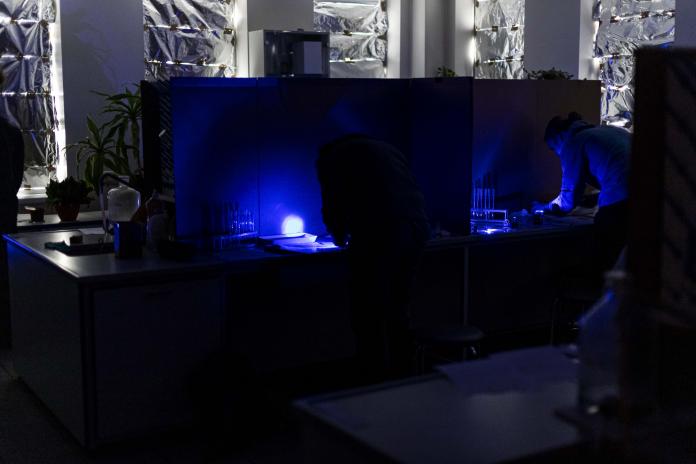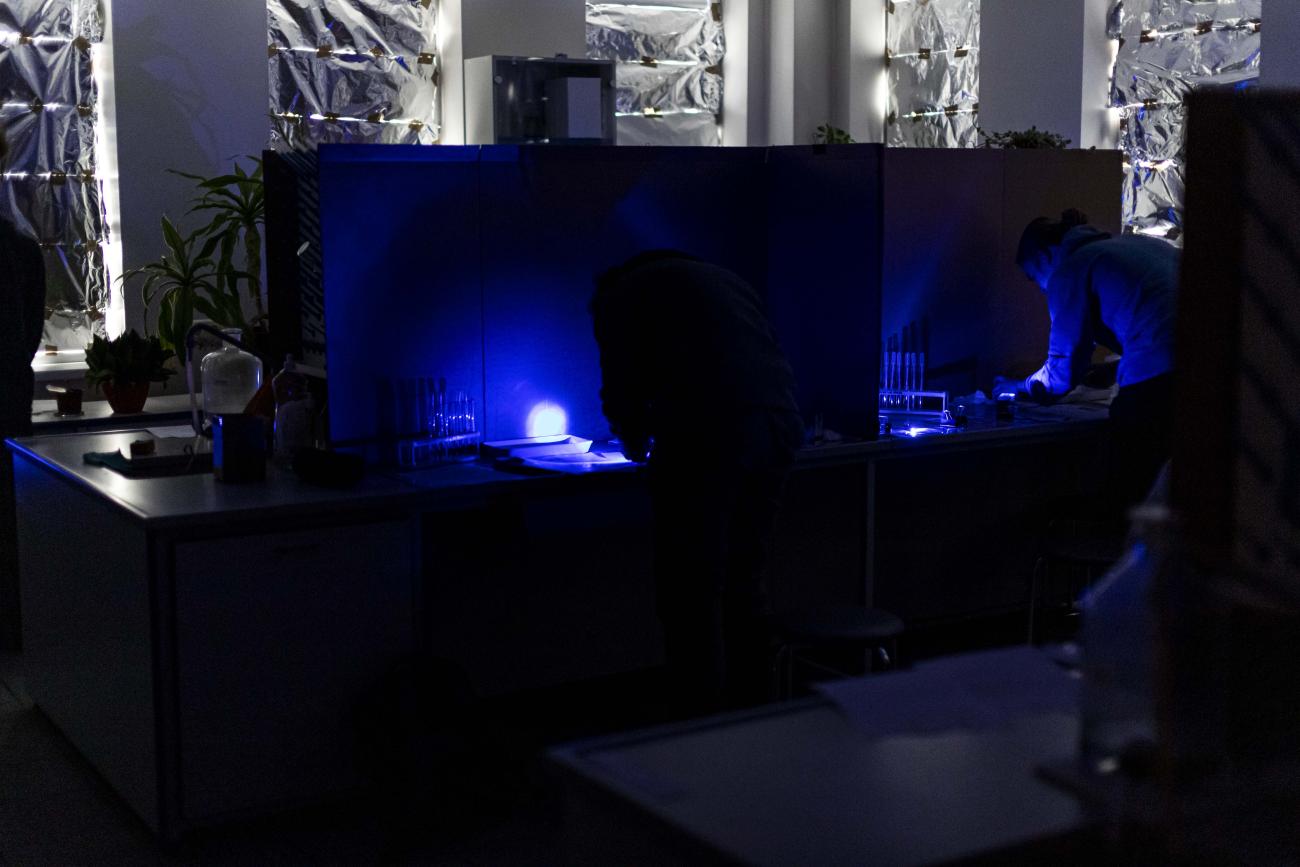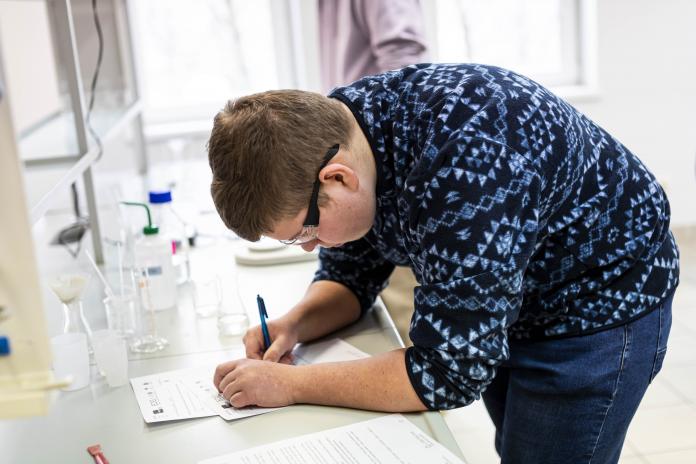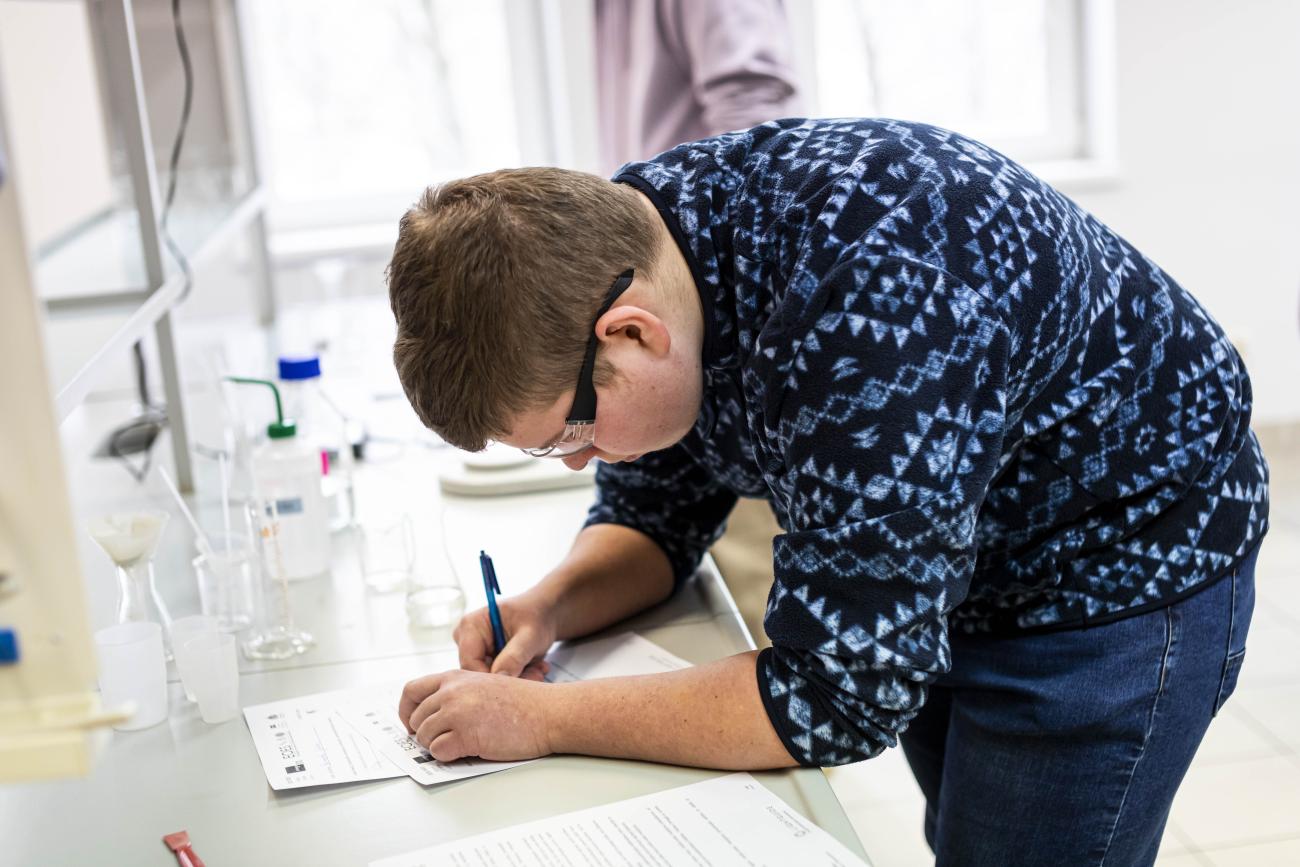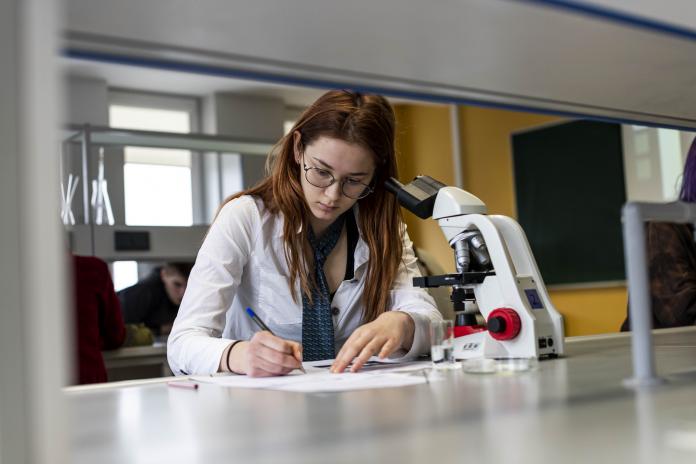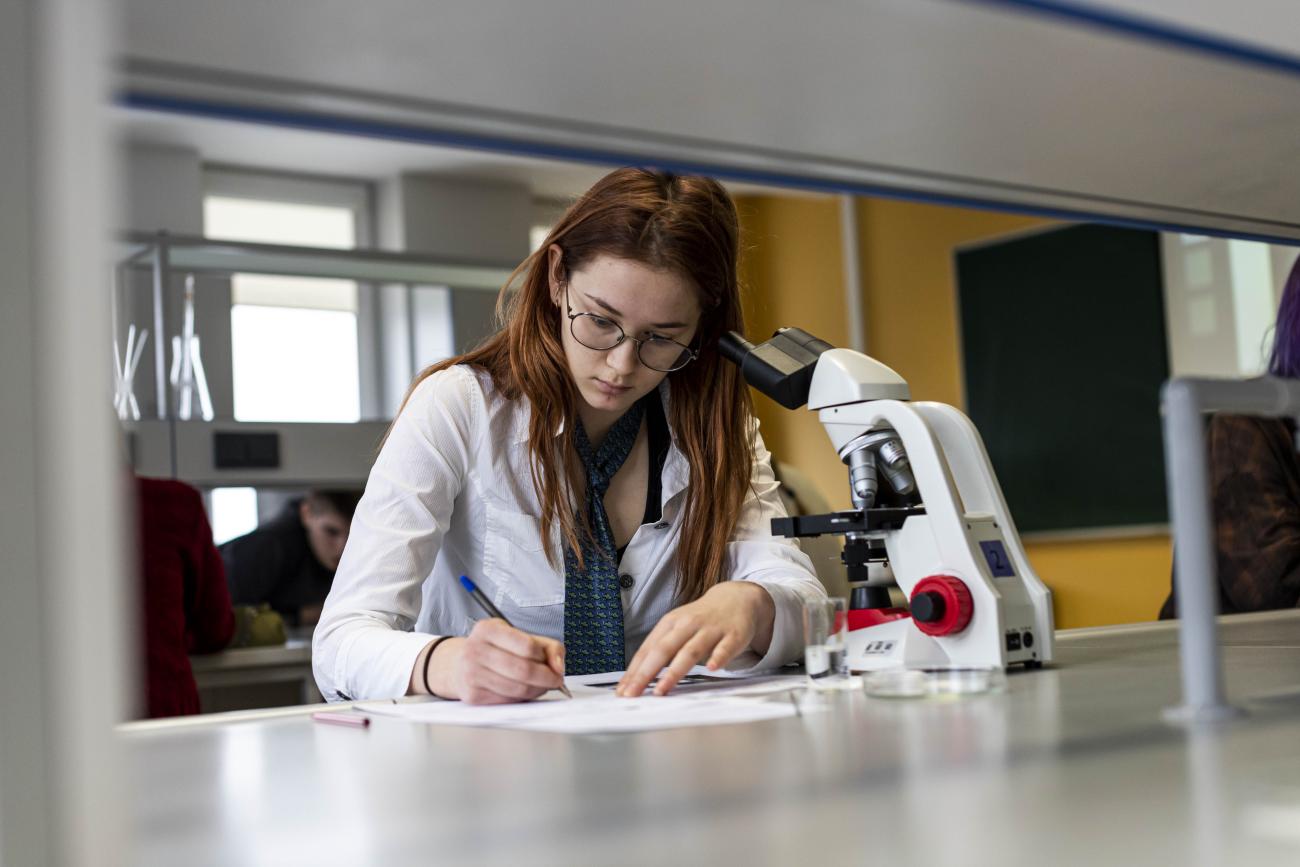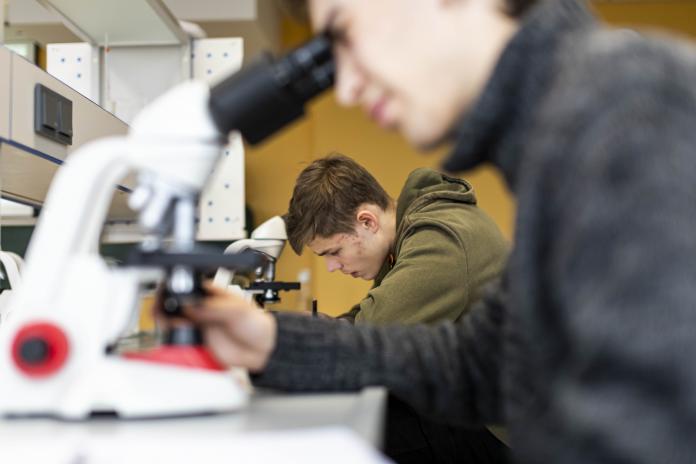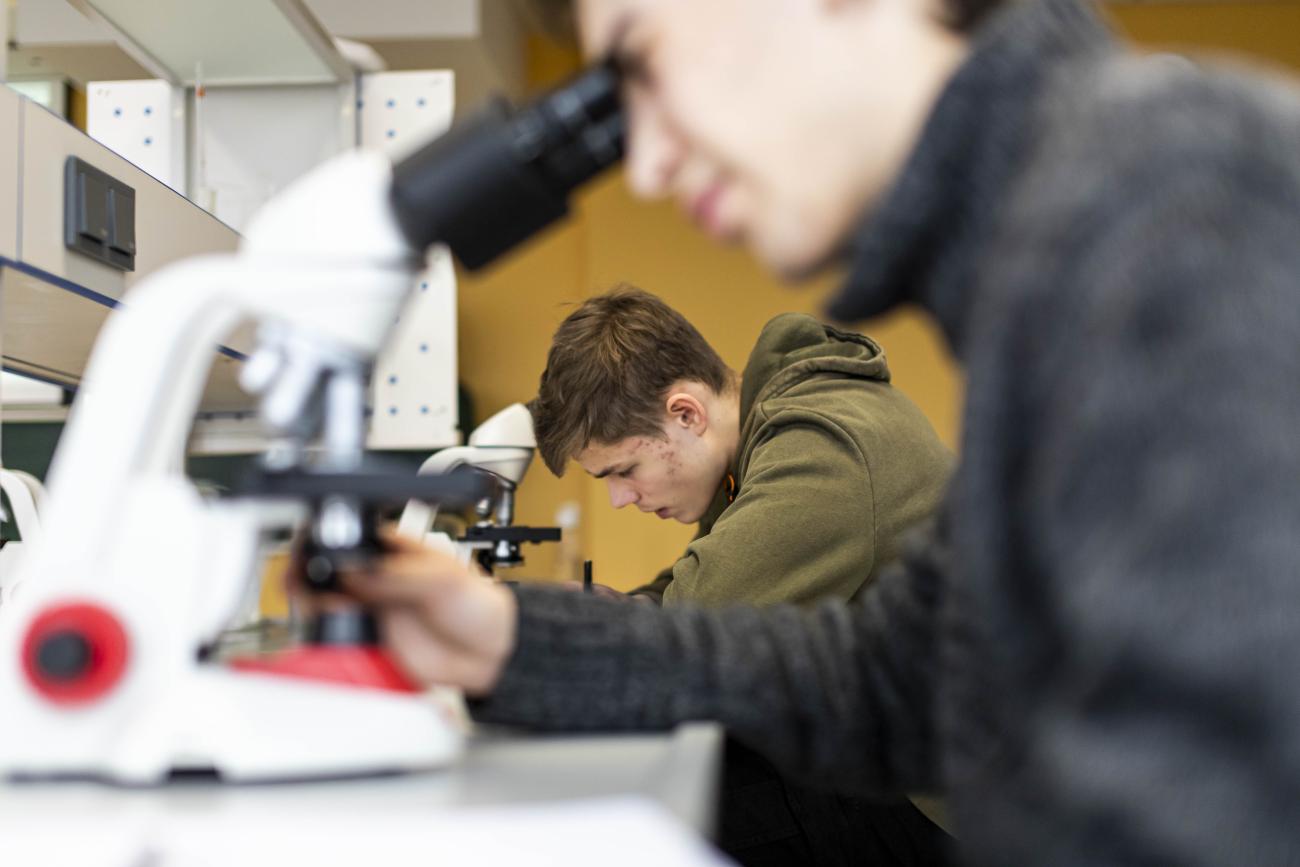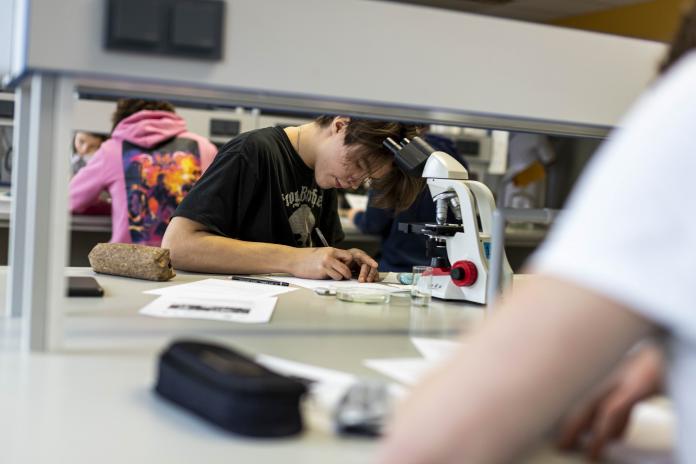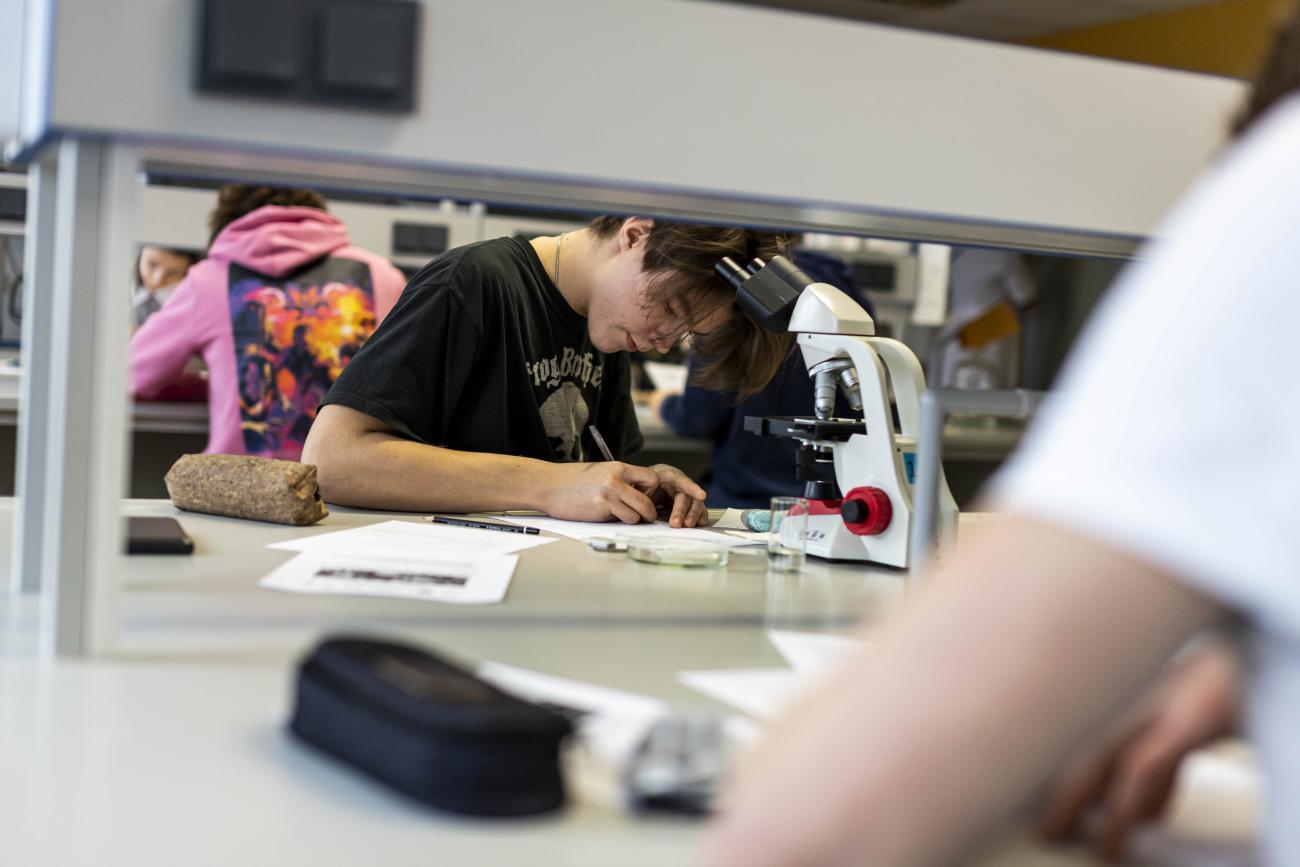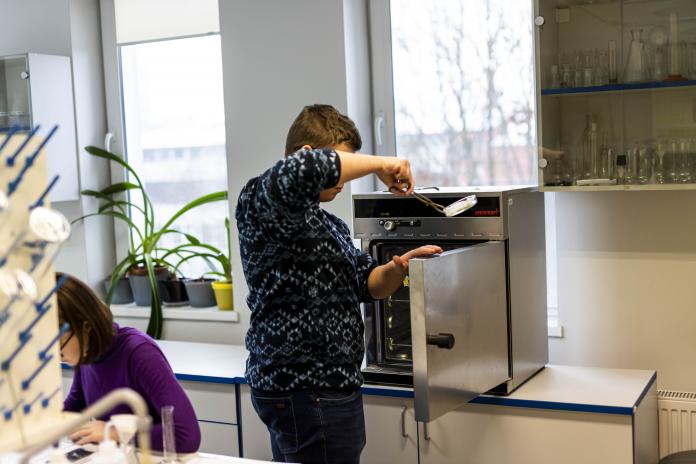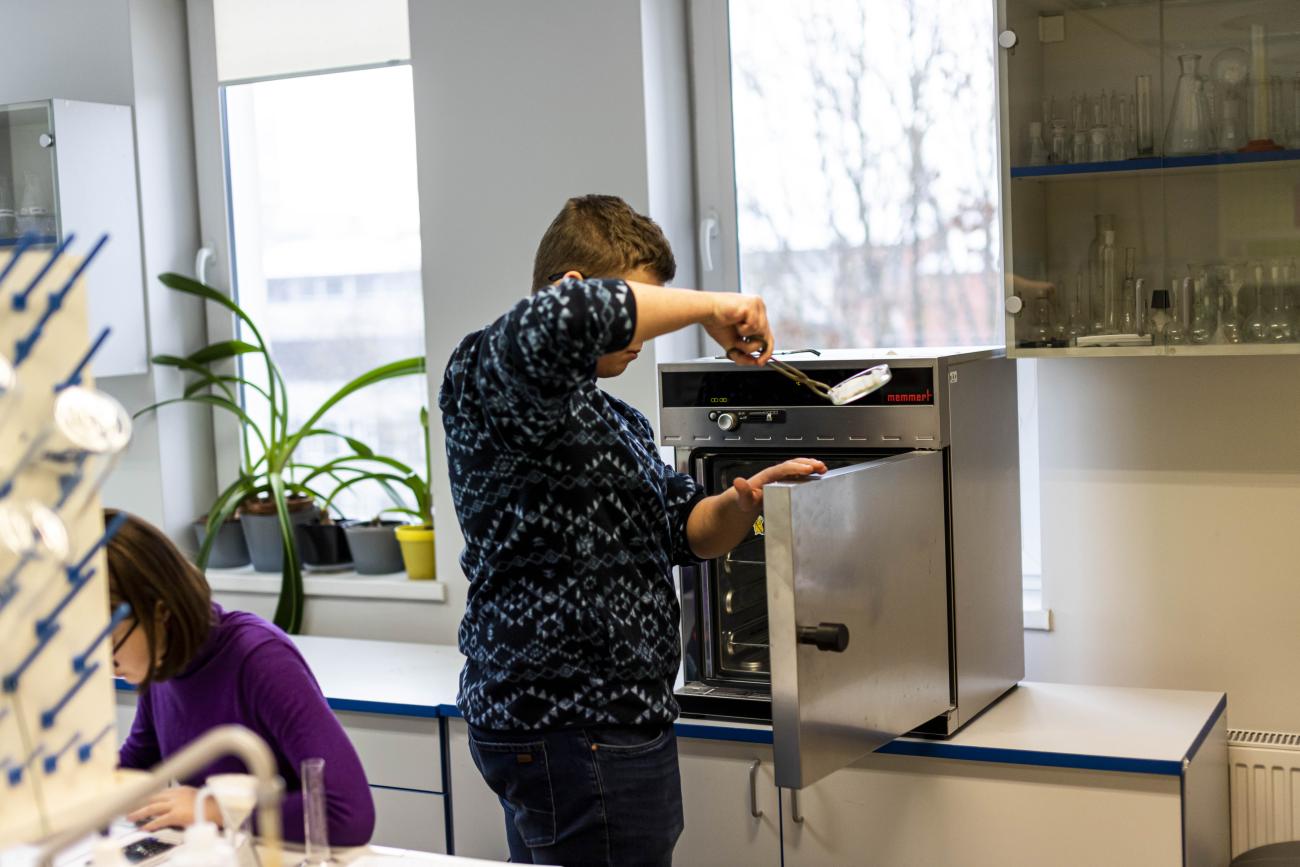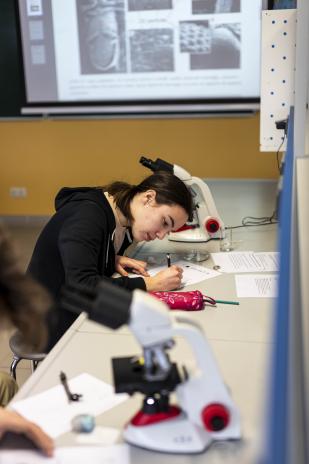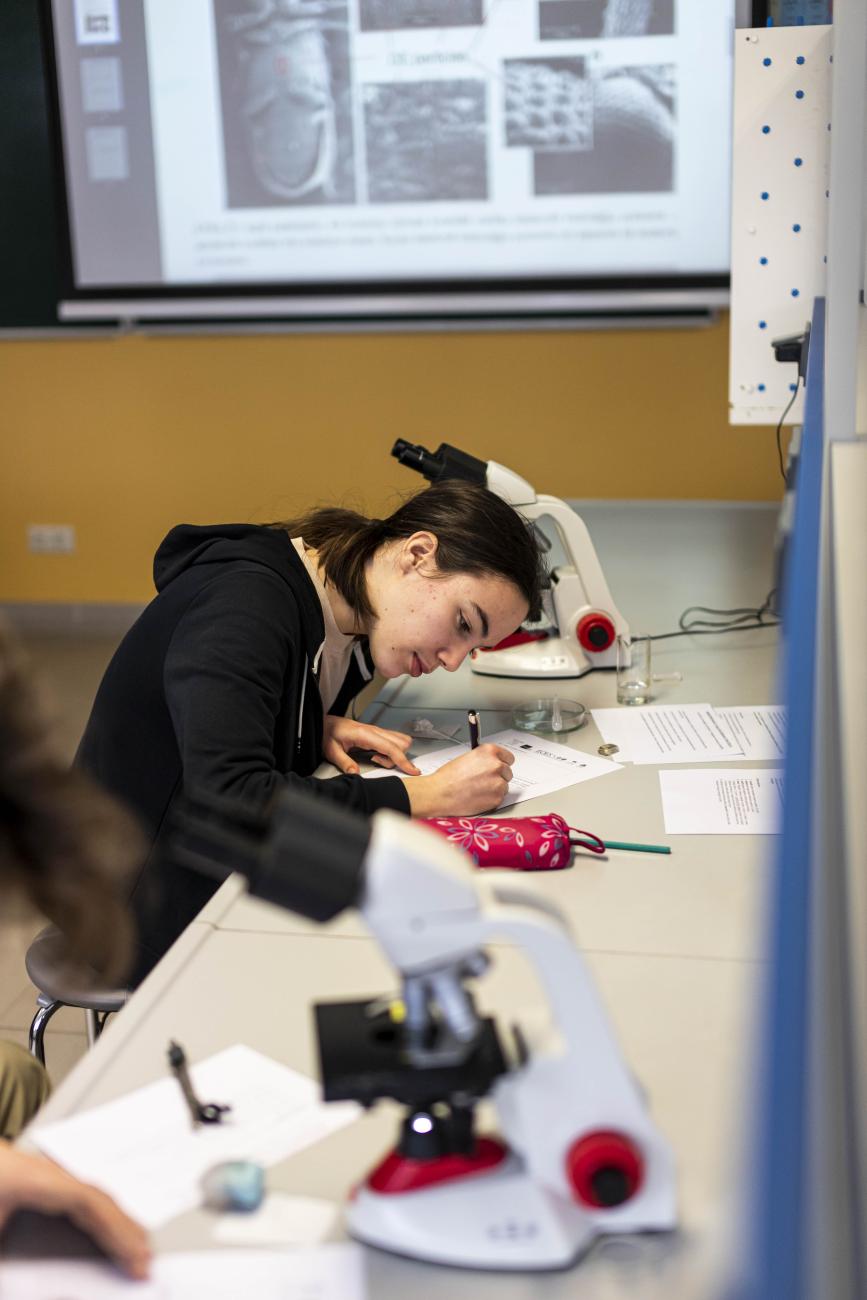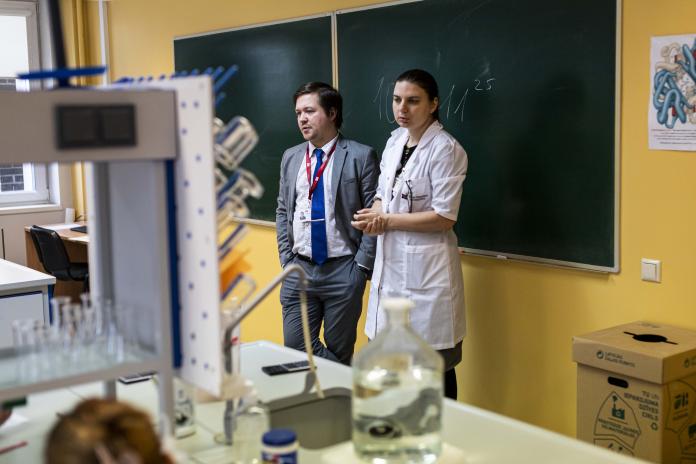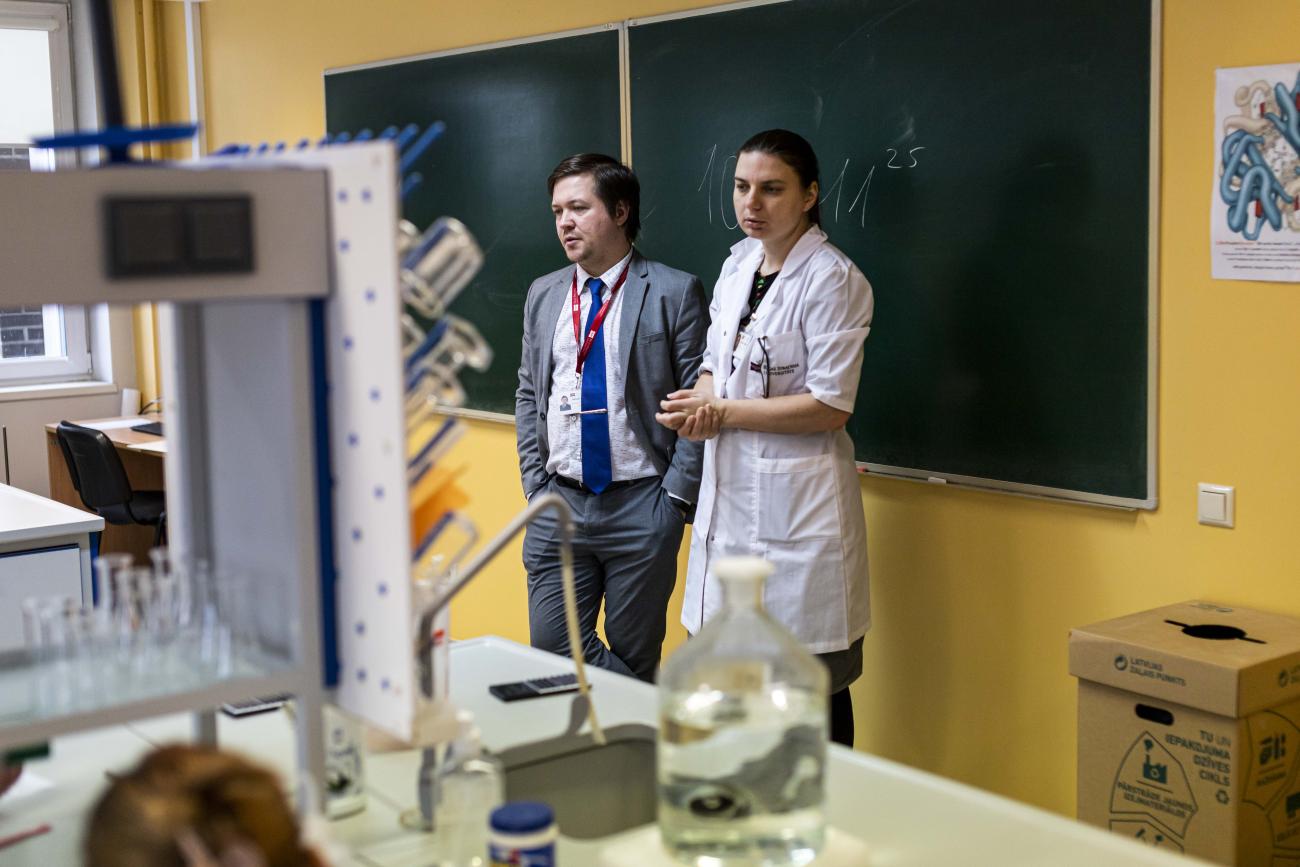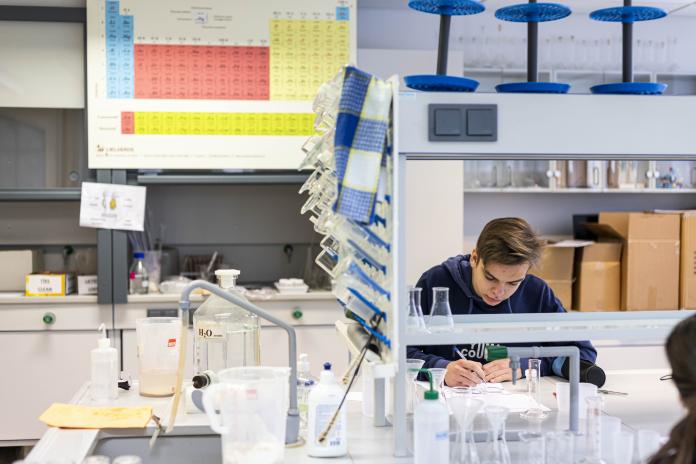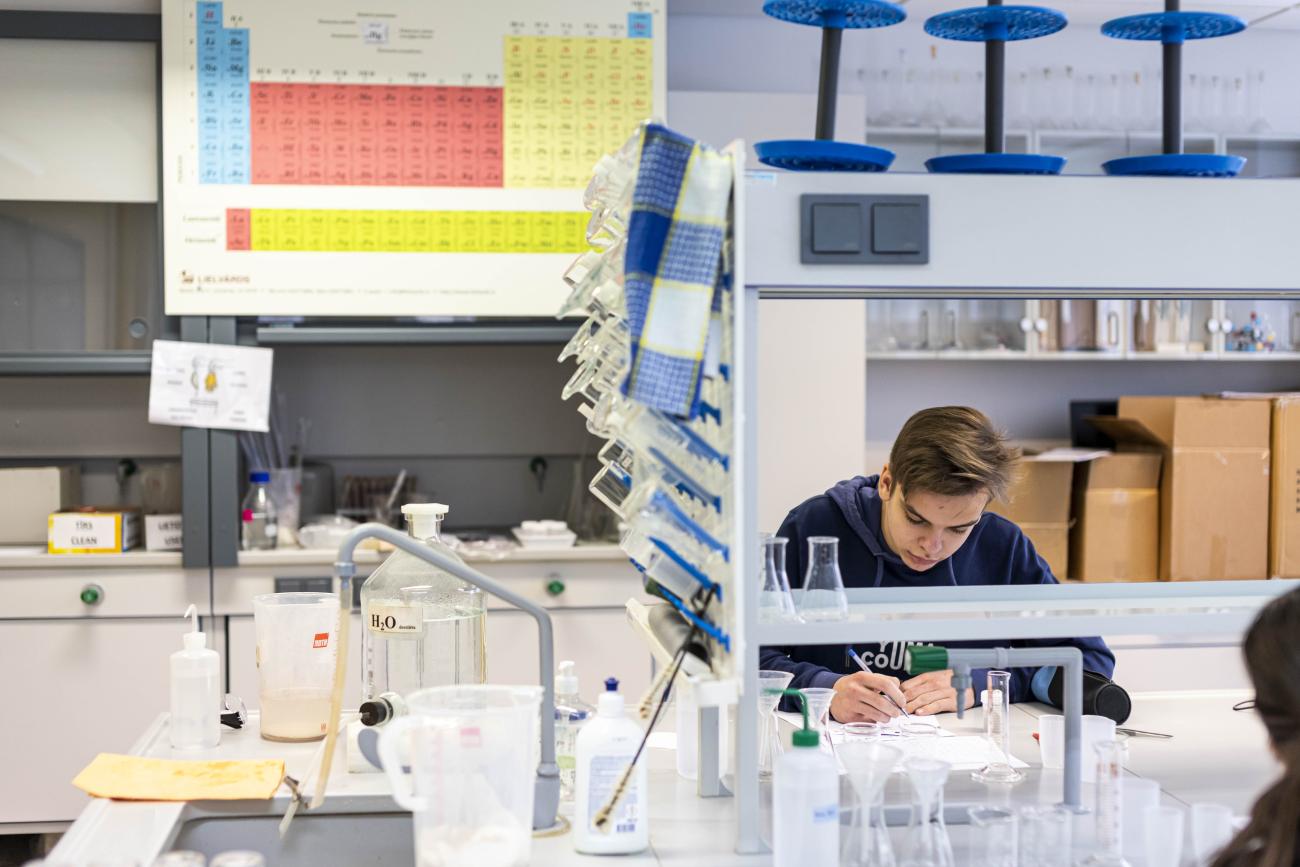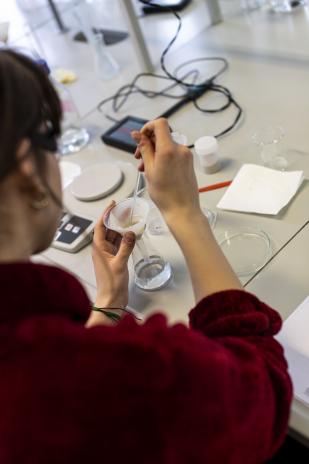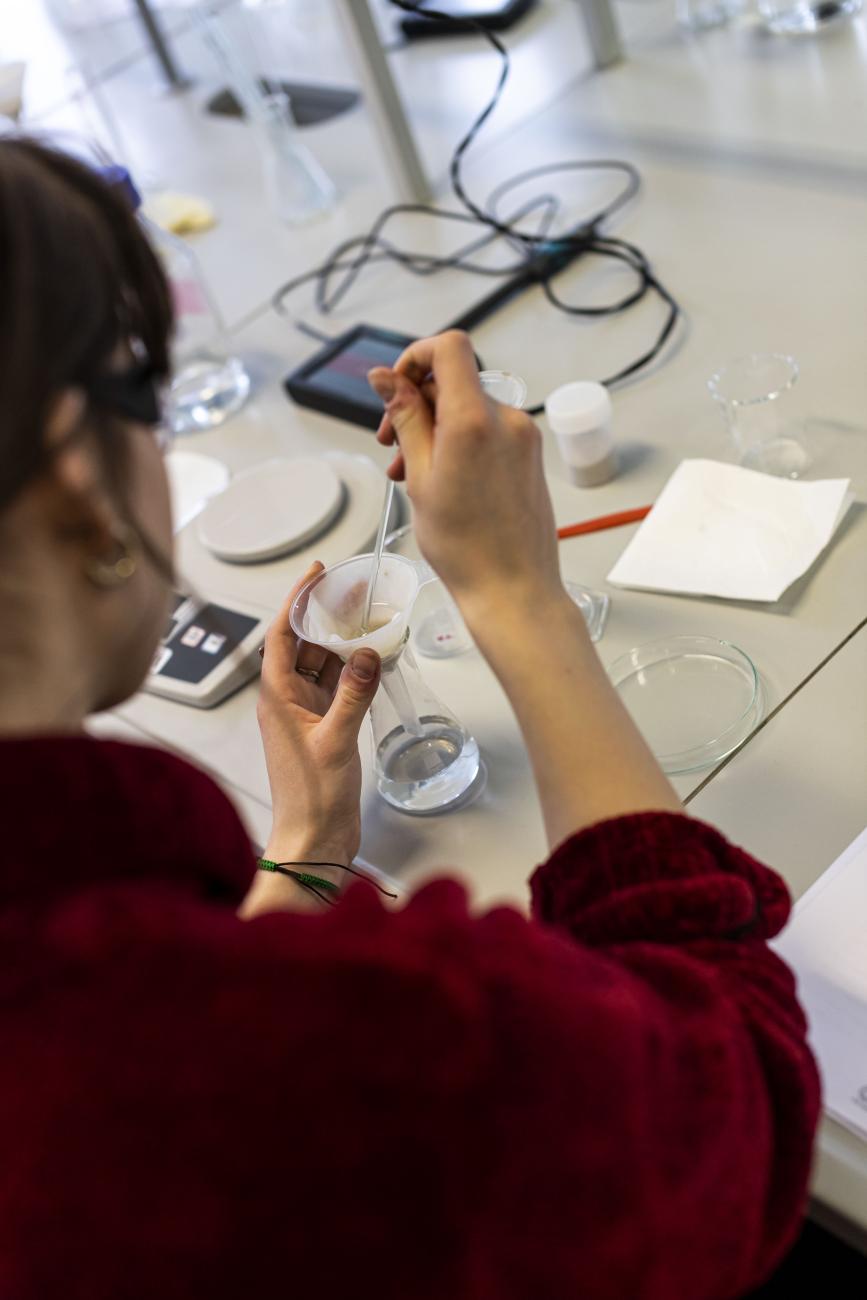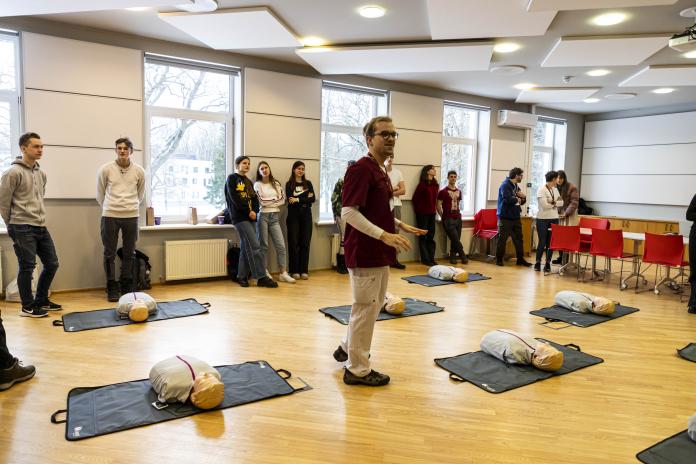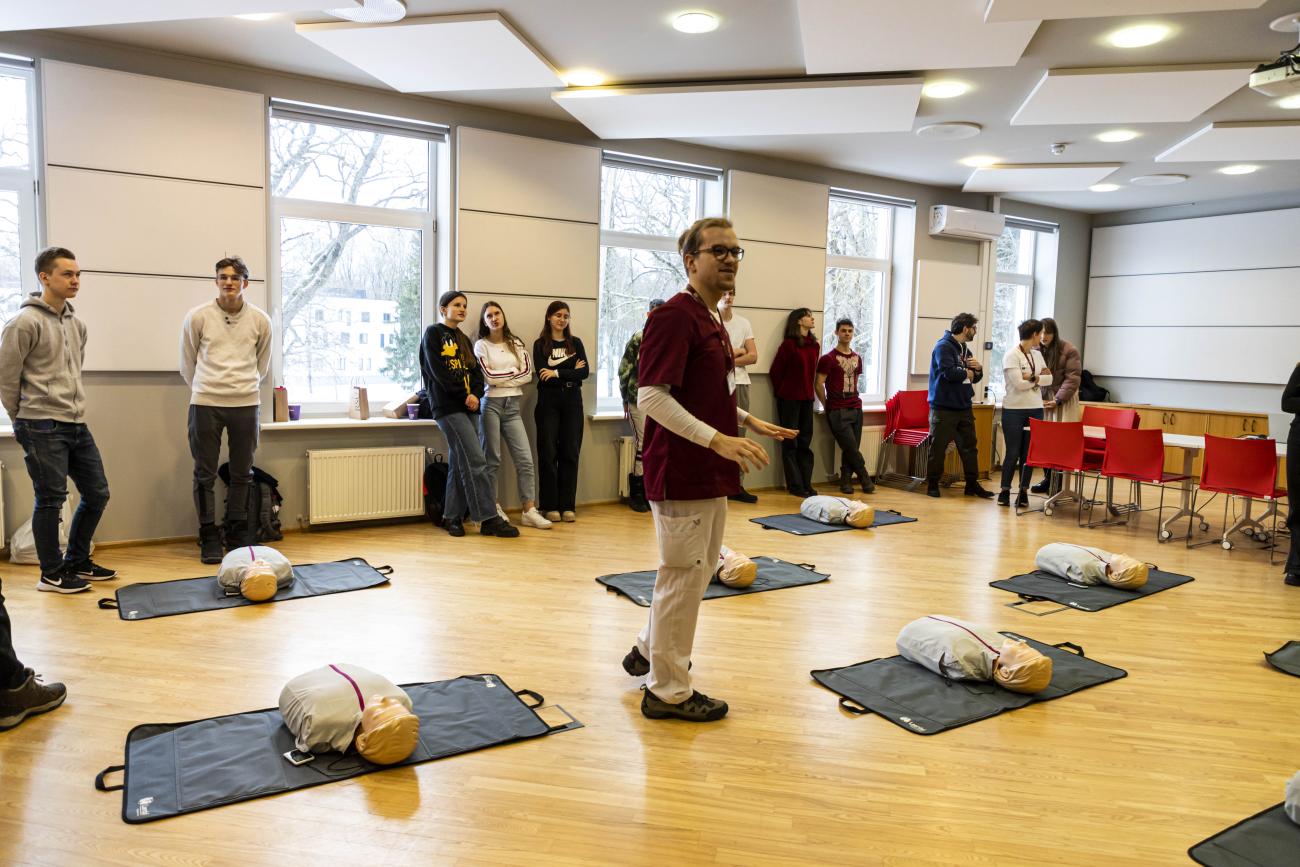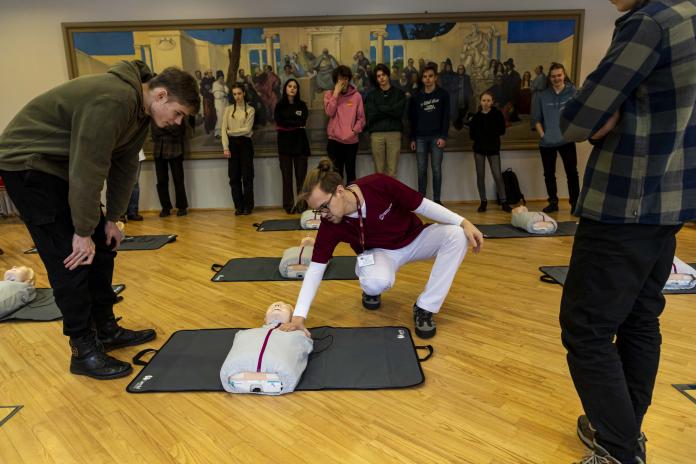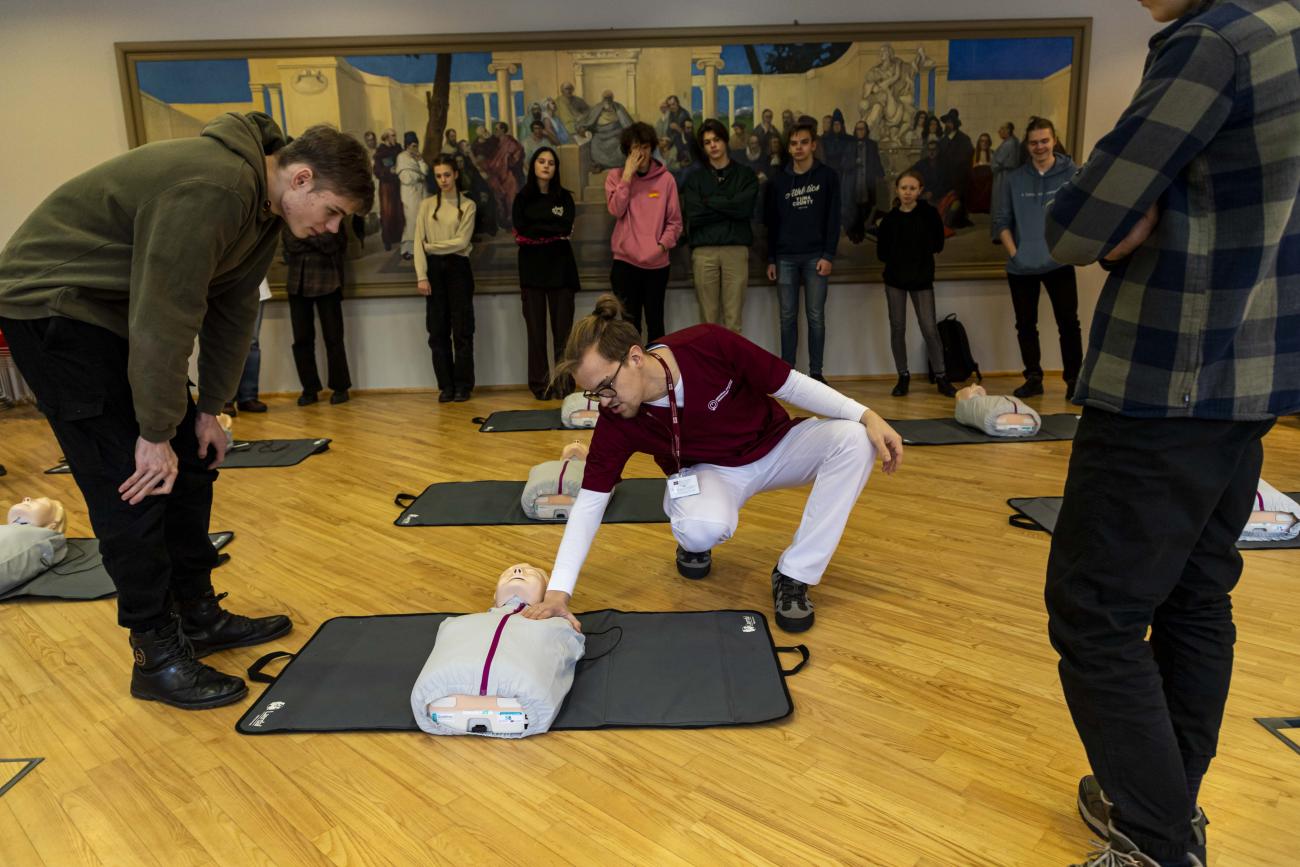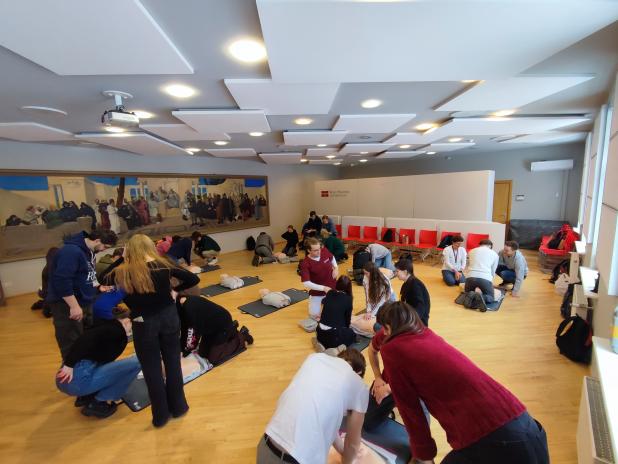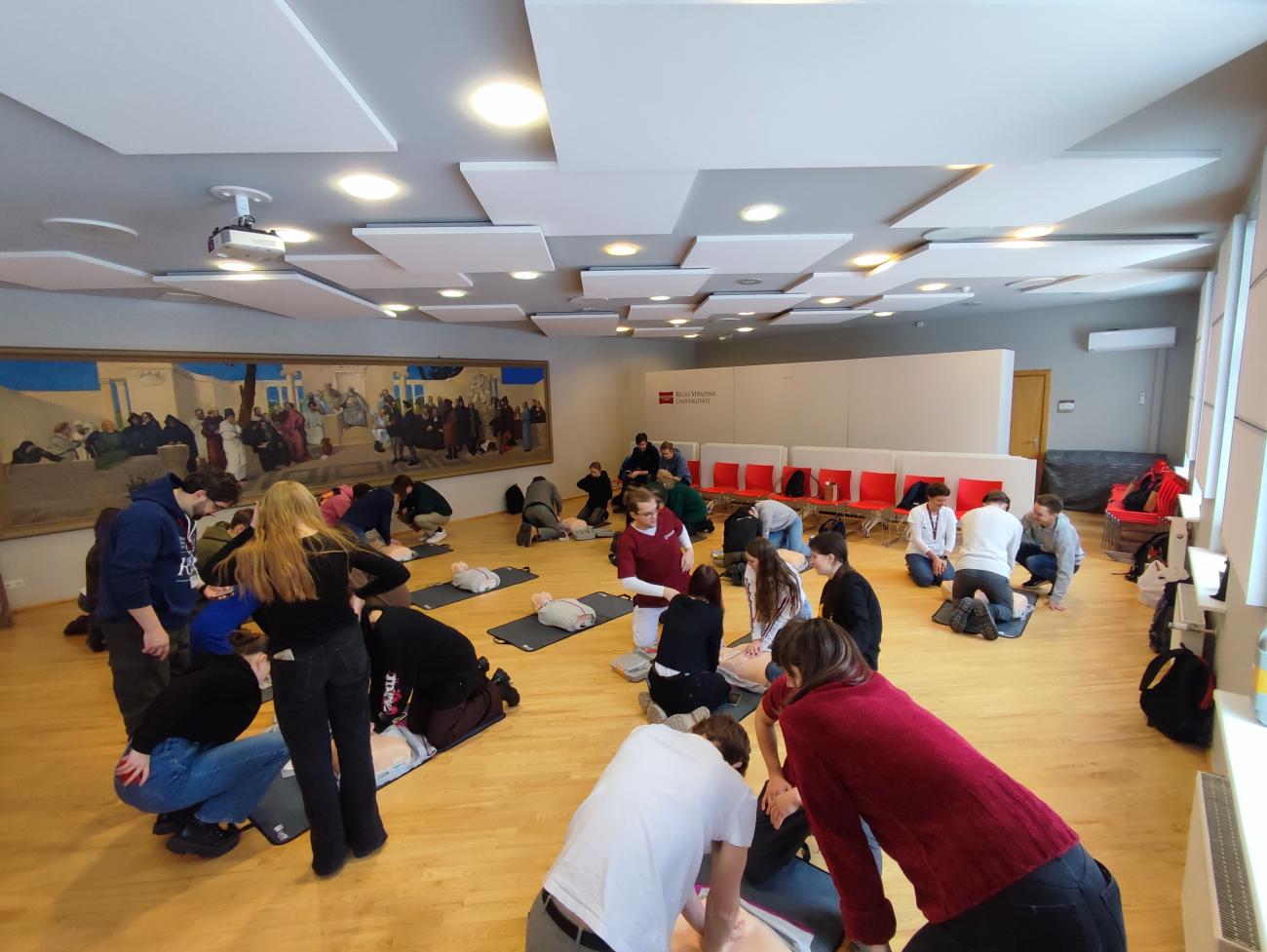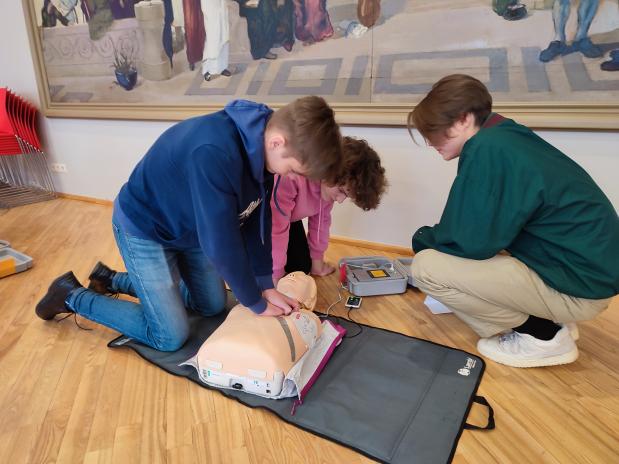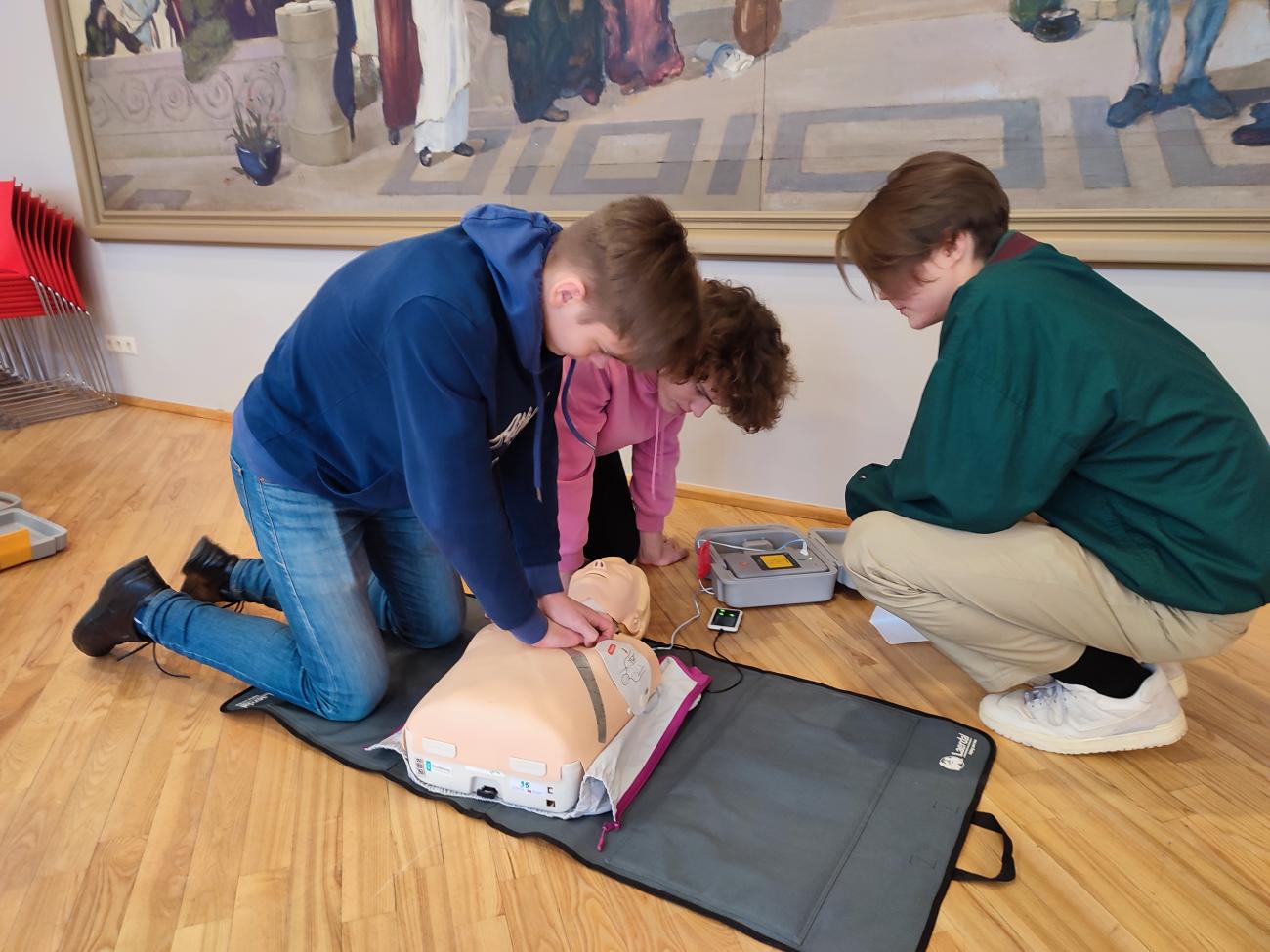Pupils from Seven Schools Prepare for Finals in European Olympiad of Experimental Science
The second round of the European Olympiad of Experimental Science (EOES) at Rīga Stradiņš University (RSU) has determined the 12 best pupils who will continue their preparations to represent Latvia at the finals of the international Olympiad.
Līga Blumfelde (RTU Engineering Secondary School), Arnolds Pīrāgs, and Pēteris Imants Mežciems (Riga State Gymnasium No 1) gave the best overall performance, while pupils from Jelgava State Gymnasium, Ādaži Secondary School, Riga Secondary School No 84, Mārupe Primary School, Riga Secondary School No 49, and Jelgava Pārlielupe Primary School will also be preparing for the finals.
Until the end of April, the youngsters will be learning and working on their teamwork skills led by RSU in order to compete with their peers in EOES, which will be held in Latvia from 29 April to 5 May. This year, both the national qualifying round and EOES are organised by RSU in cooperation with the National Centre for Education.
Thanks to the patronage of Light Guide Optics International Ltd., the qualifying second round involved three practical tasks related to glass. The tasks in biology involved using a microscope to study diatoms and assess their role in insect control. The tasks in chemistry were related to determining the exact composition of a mixture of raw materials for glass using different methods. Finally, in physics, pupils studied liquid lenses and determined their focal length. The tasks aimed to gauge pupils’ practical skills and knowledge, as well as their ability to navigate new topics and interpret the results they obtained.
For the international EOES round, RSU will host around 150 young people from more than 20 European countries who will be competing for the title of Europe’s best team by tackling similar, but much more challenging tasks.
Competing in teams of three, the young biologists, chemists, and physicists will seek solutions to practical problems by making experimental measurements, processing data and relating it to theoretical knowledge, says Mihails Haļitovs, lecturer at the RSU Department of Human Physiology and Biochemistry and co-organiser of EOES. In their free time, the students will visit the RSU Medical Education Technology Centre, Olympiad partners Riga Zoo and Getliņi EKO greenhouses, as well as several museums.
Launched in 2003 and formerly known as the European Union Science Olympiad, EOES is designed to stimulate young people’s interest in biology, chemistry, and physics.
The Olympiad is based on problem-oriented, experimental, and practical tasks in biology, chemistry, and physics with indirect connections to mathematics, medicine, IT, environmental sciences, and other areas.
Teams of Latvian pupils compete on a European level almost every year. They have won silver medals in 2022, 2021, and 2017 in the 40–50 team competition, and their best result was in 2019 in Portugal, when they came 2nd (gold medal) in the 50-team competition.
EOES in Latvia is organised in three rounds: the first two rounds are on a national level and the final round is international. At the European level, each member state is represented by two teams of 15–17 years old pupils who work together on practical and theoretical tasks. The event is coordinated at the European level by the EOES Association, a Luxembourg-based non-governmental organisation with the aim of promoting science and identifying and developing talented young people in the field. The Olympiad is supported in Latvia by Riga City Council, SAF Tehnika, Light Guide Optics International, Printify, PATA, and LPB Bank.
Related news
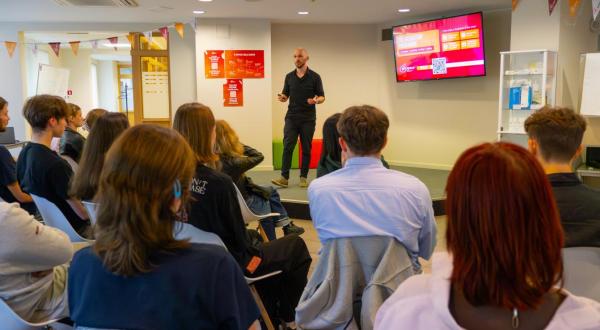 Develop your business skills and bring ideas to life with the B-Space incubation programmeFor RSU Employees, For High School Students, For Students, Innovation
Develop your business skills and bring ideas to life with the B-Space incubation programmeFor RSU Employees, For High School Students, For Students, Innovation